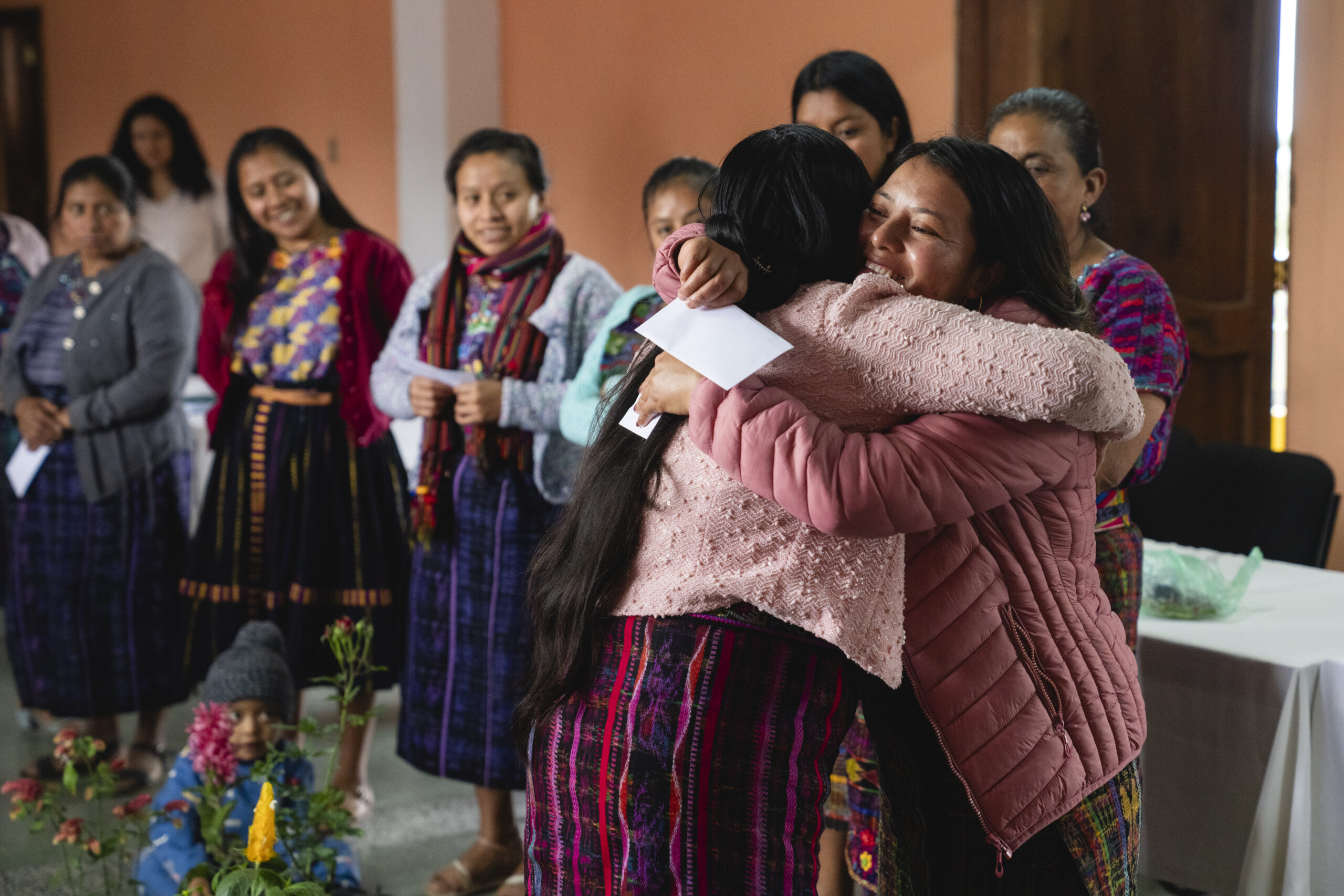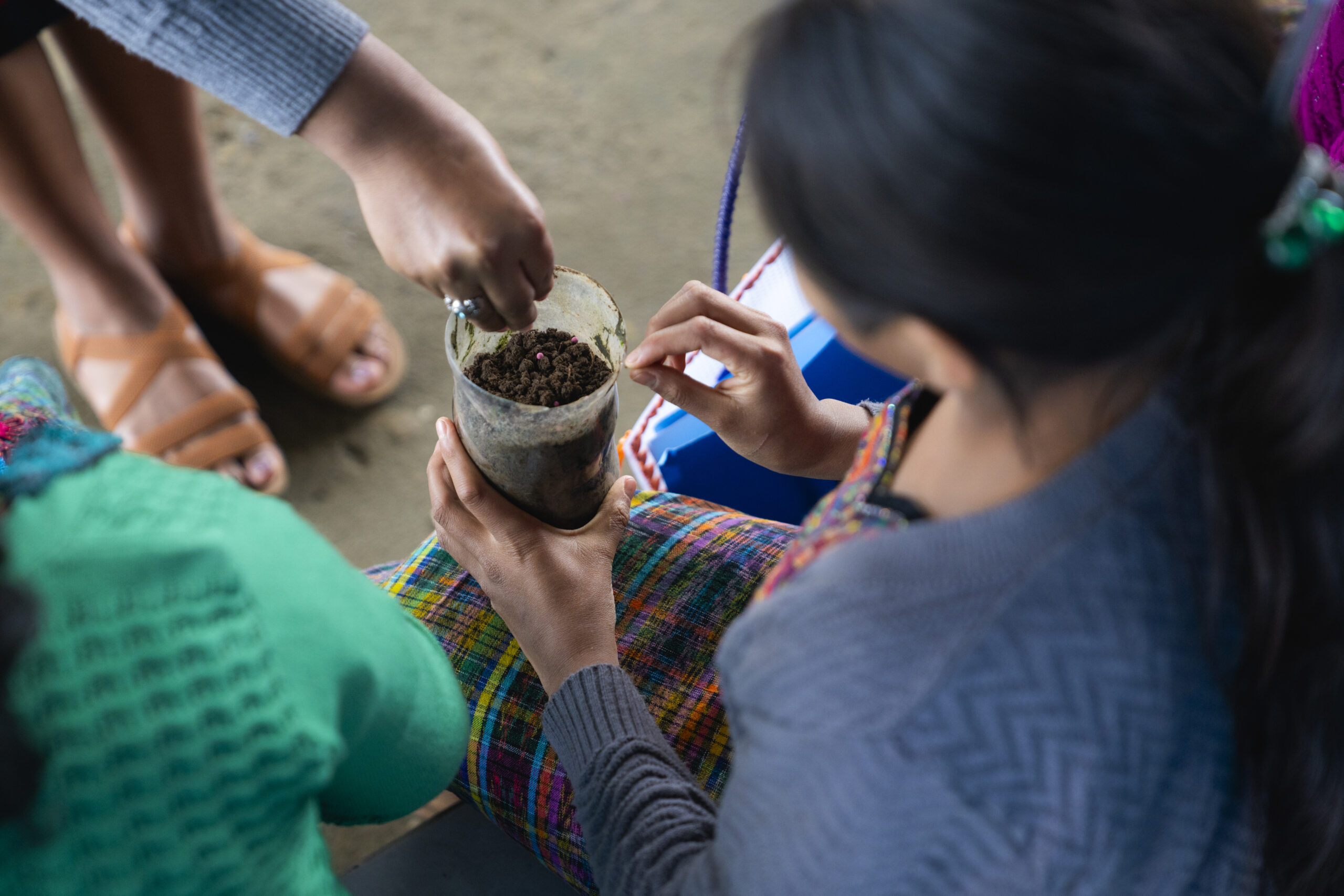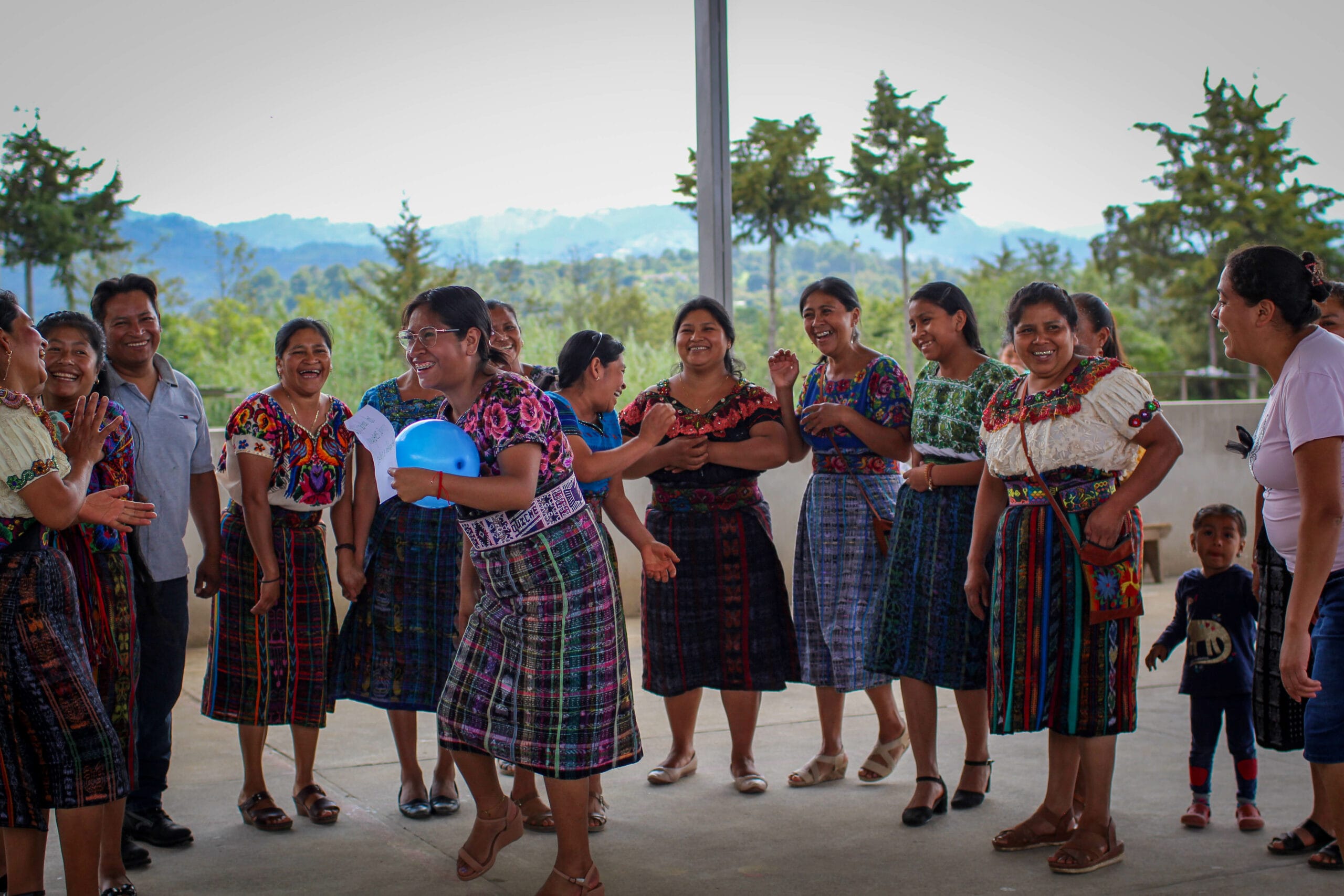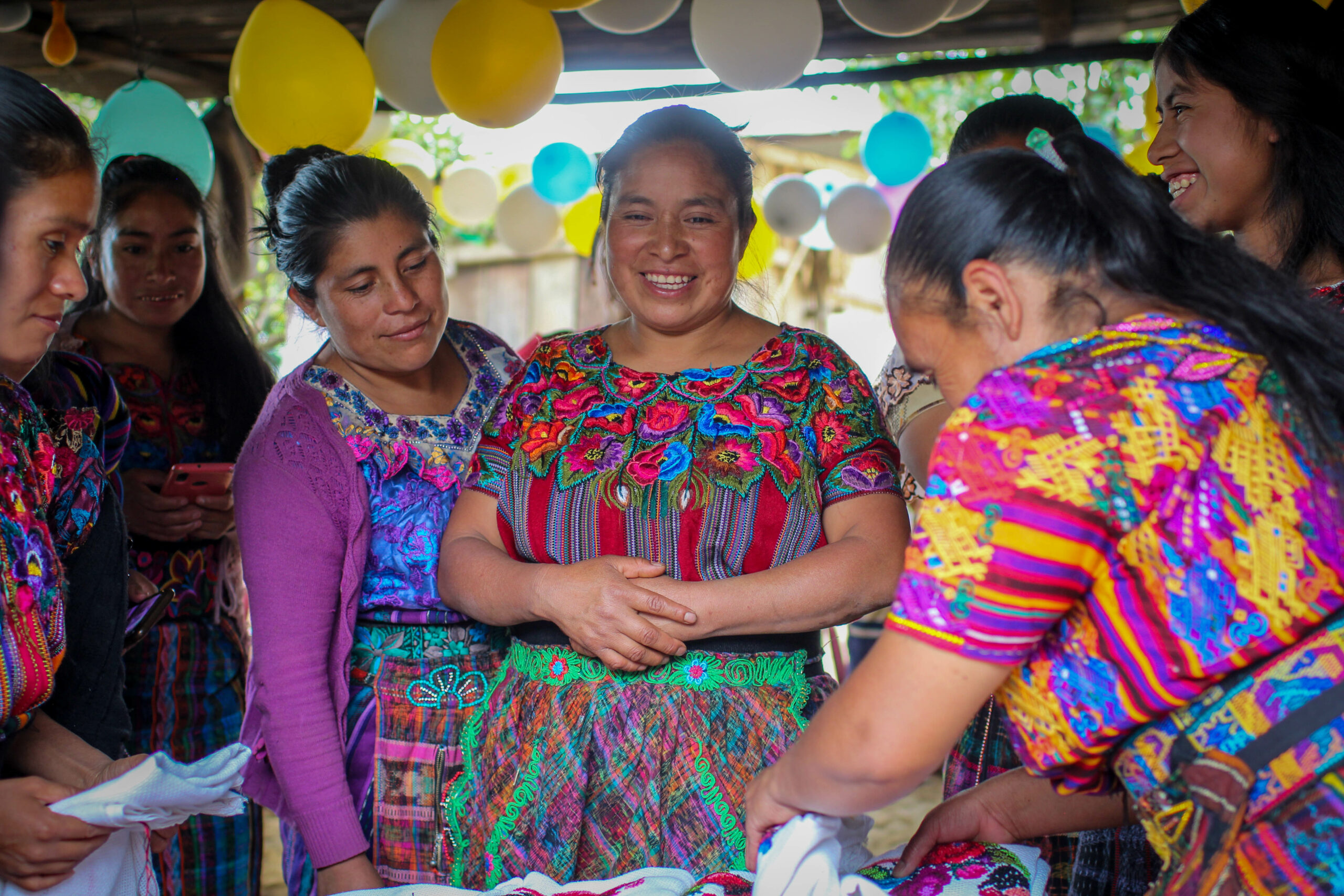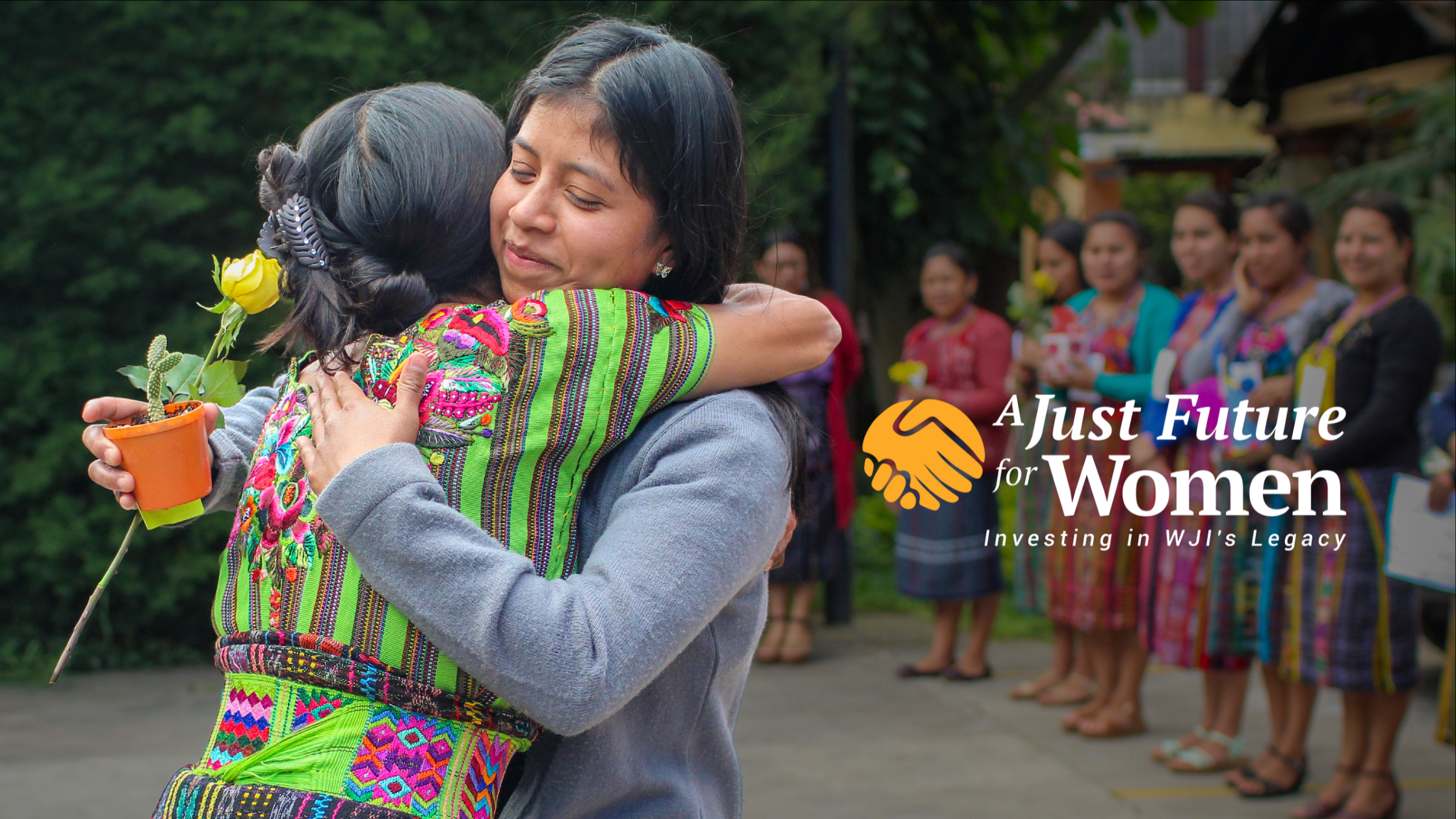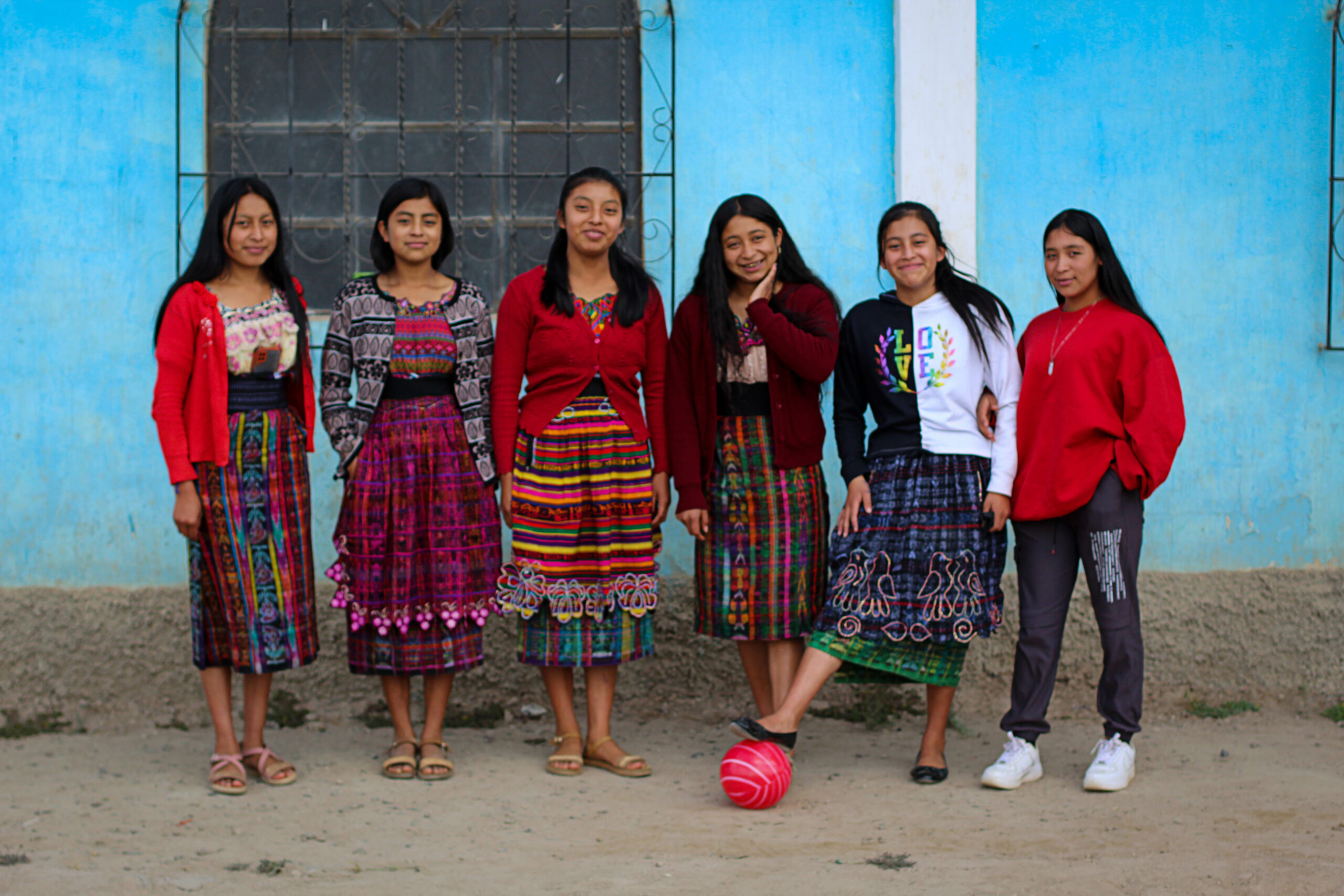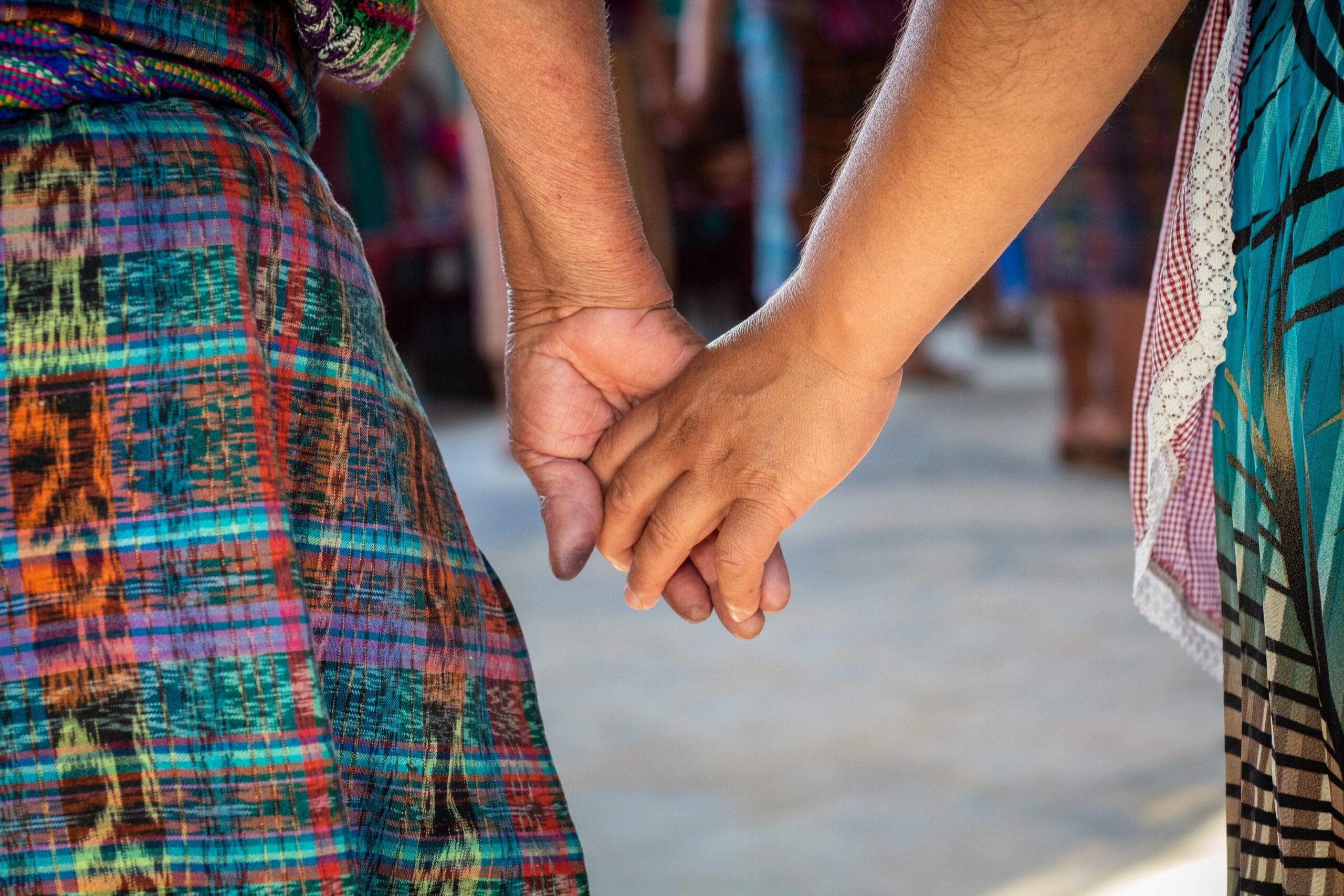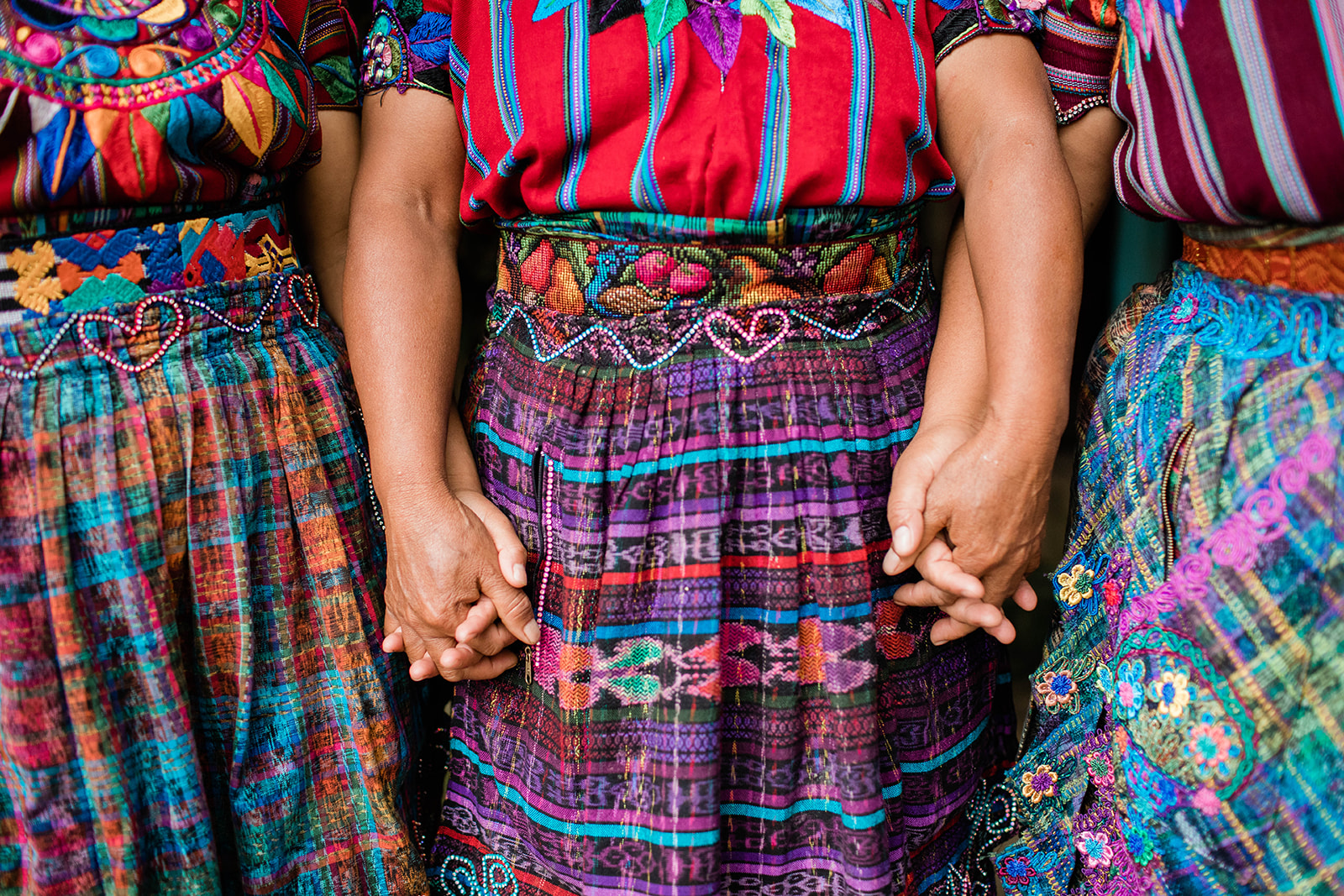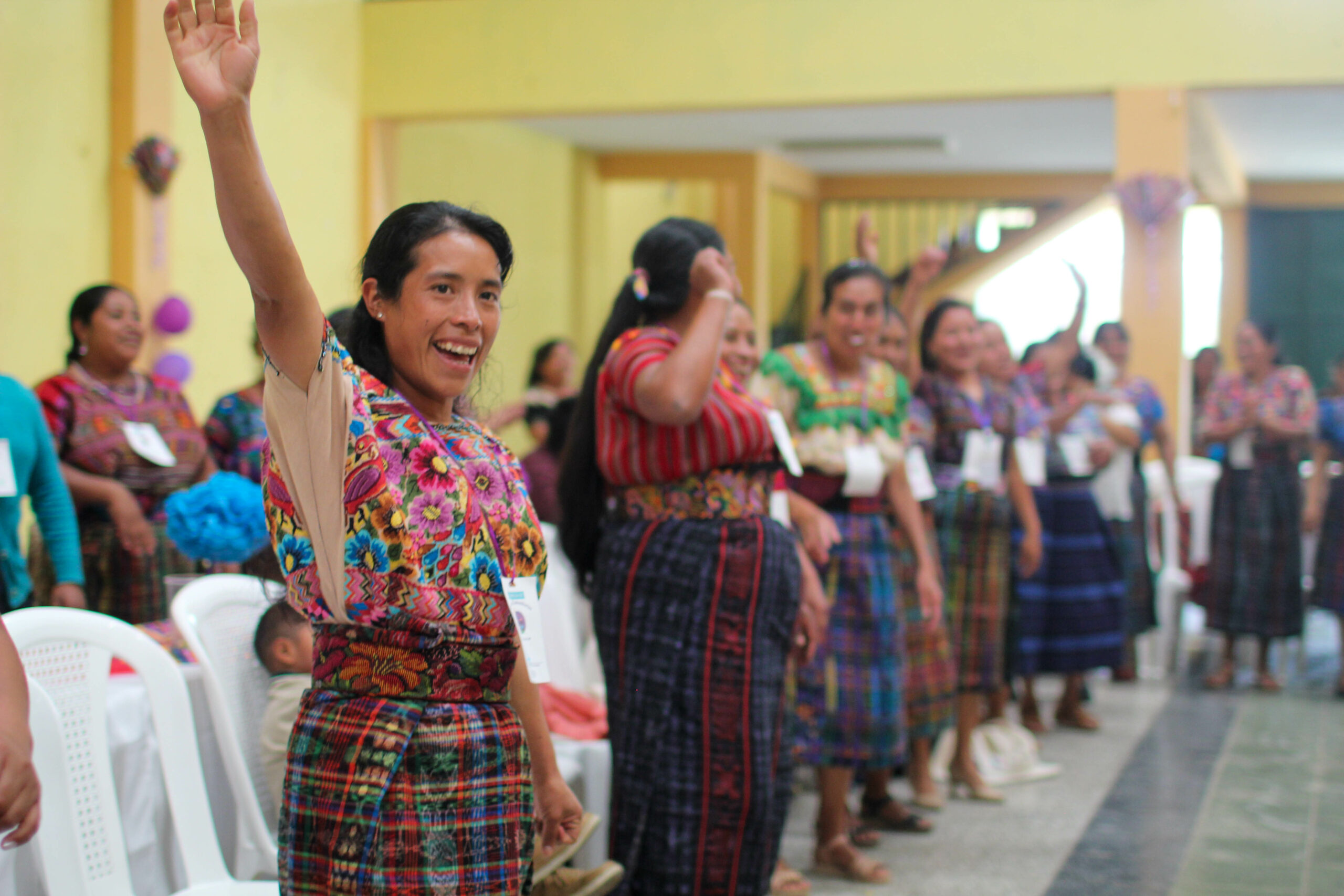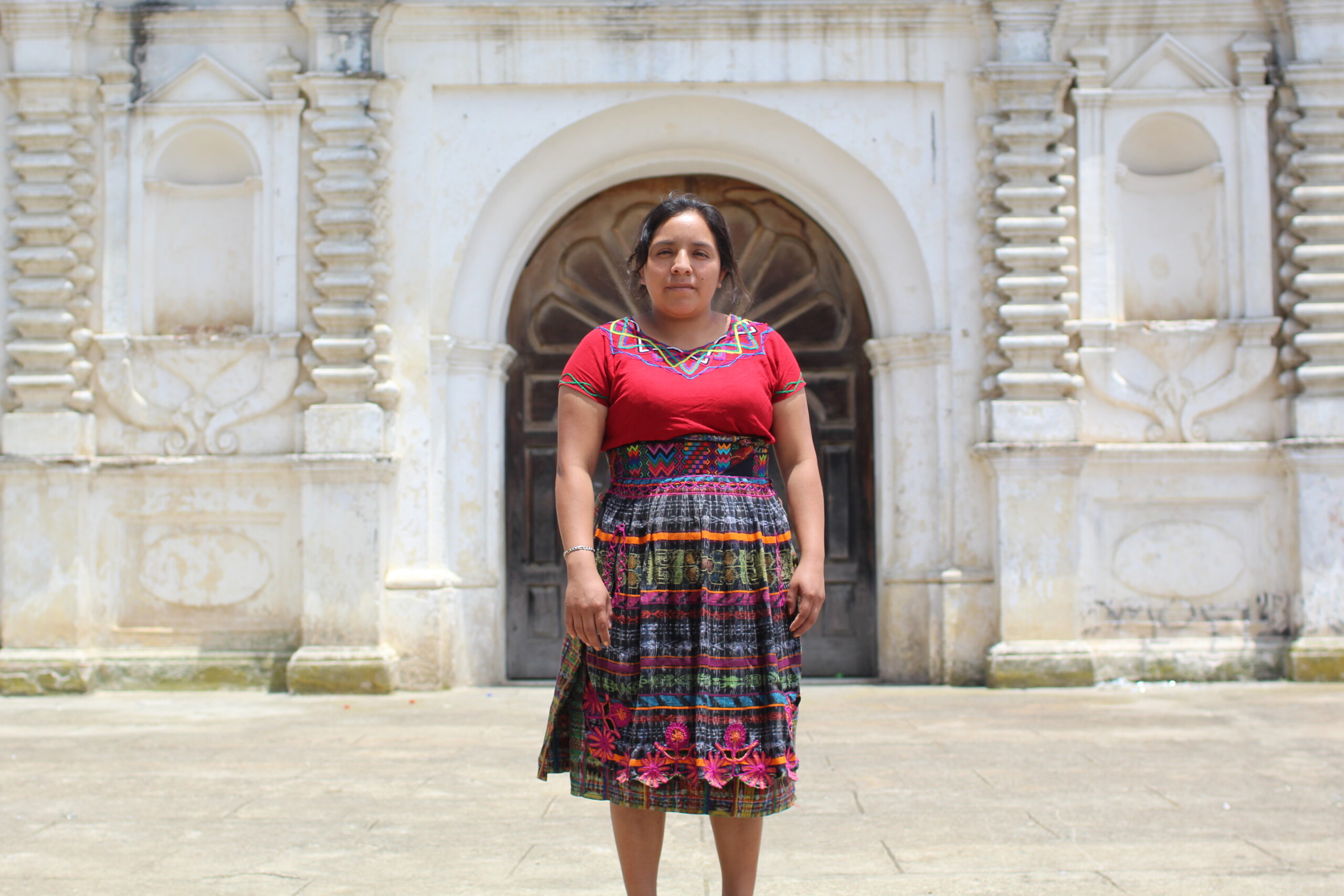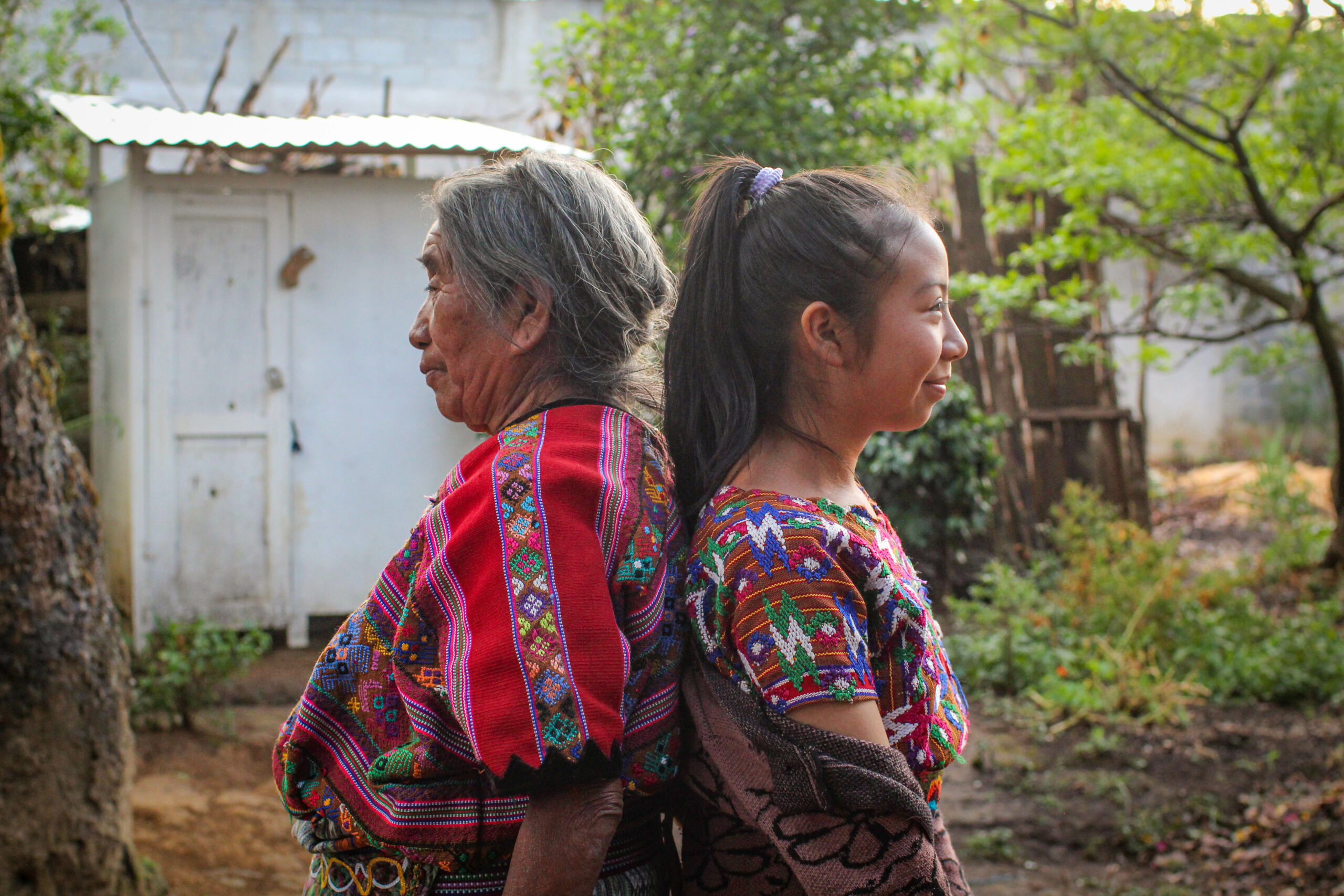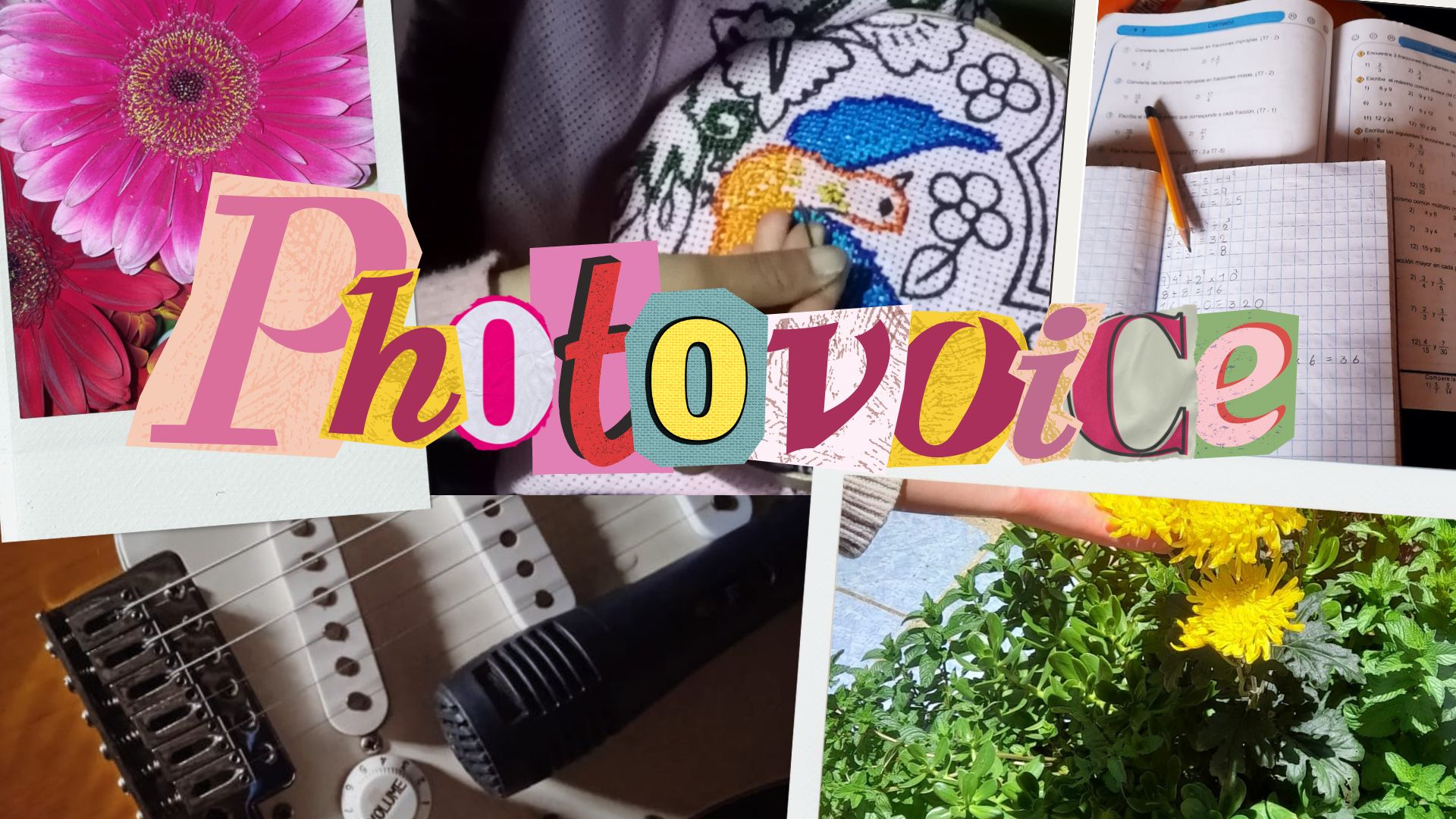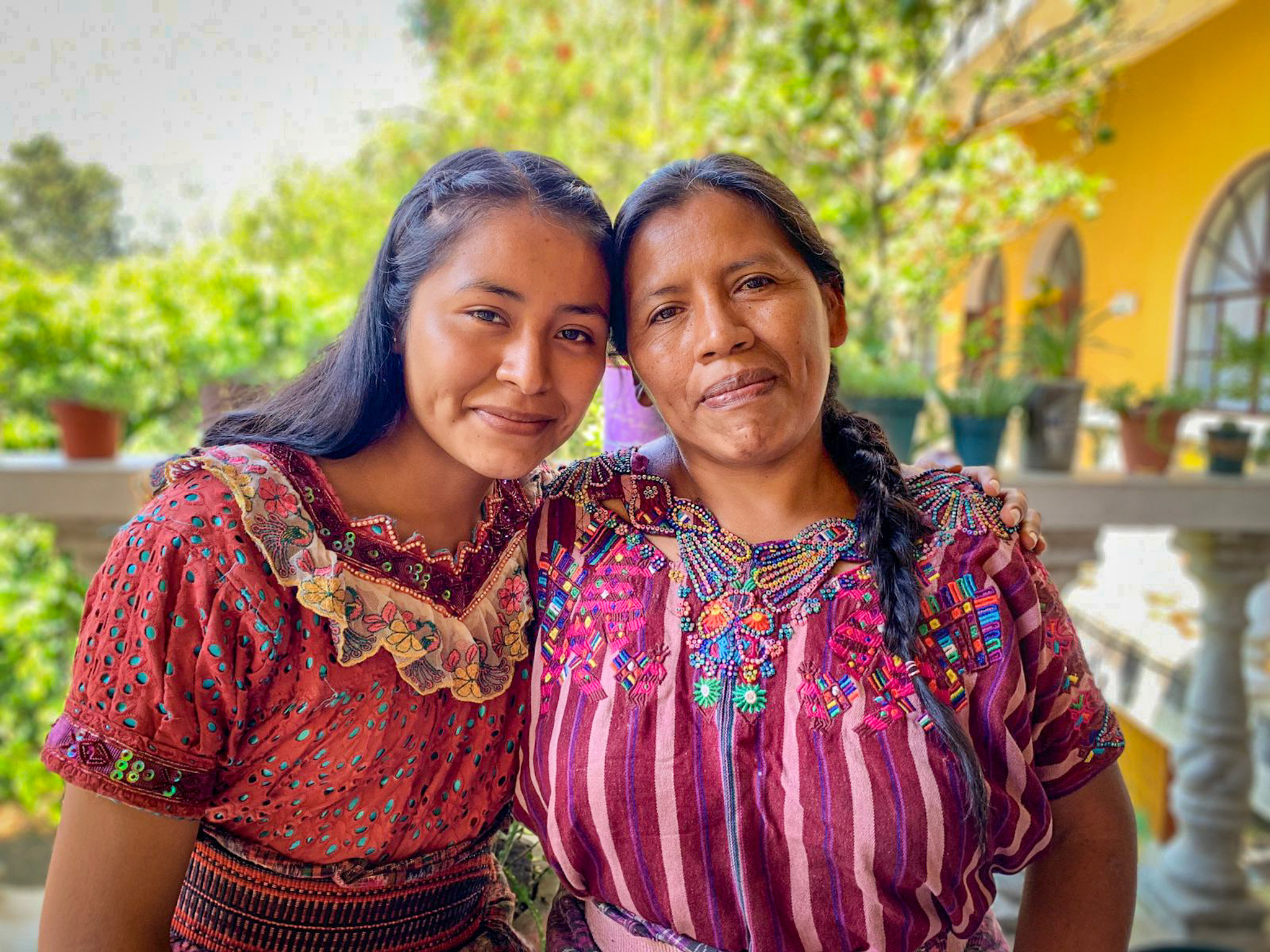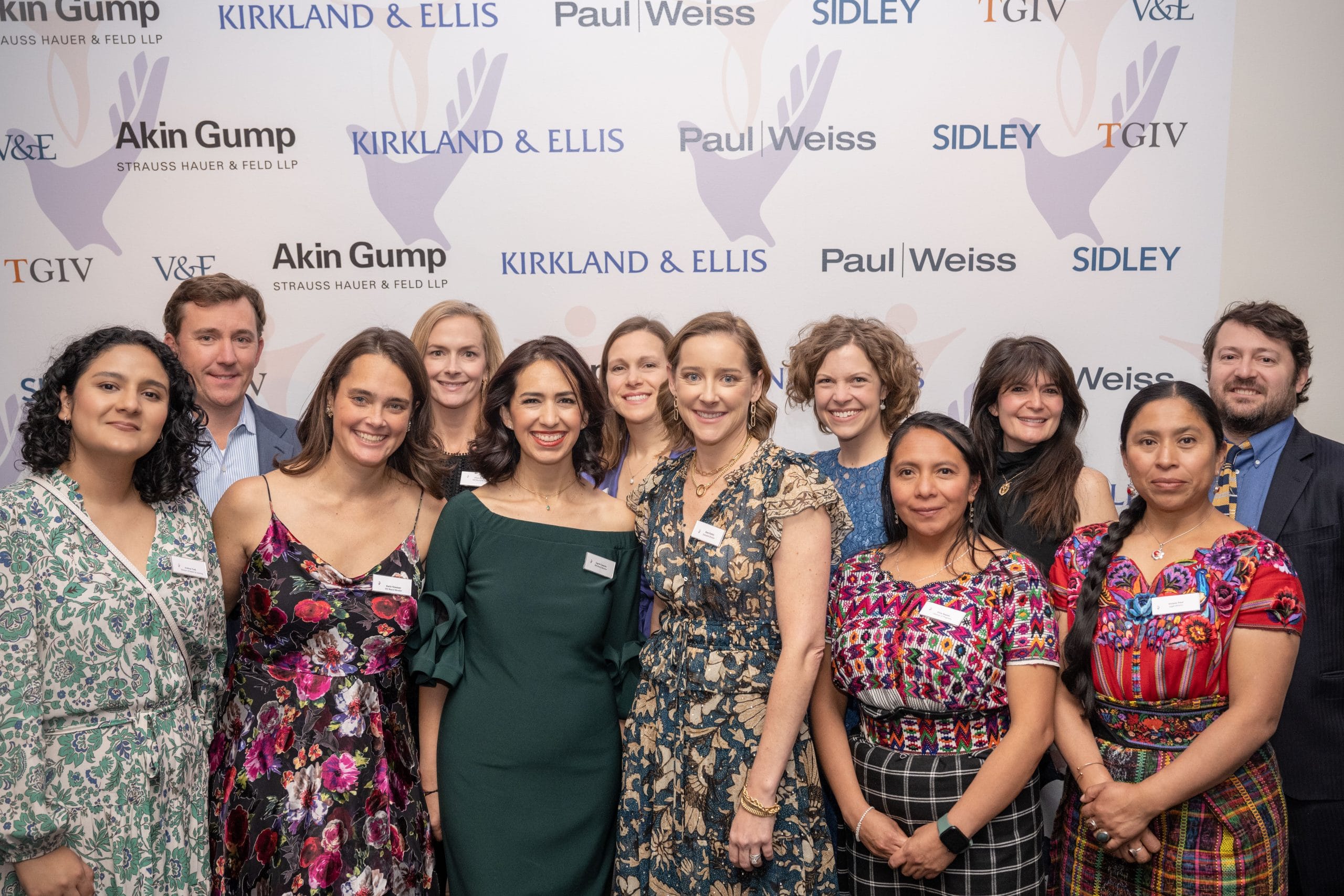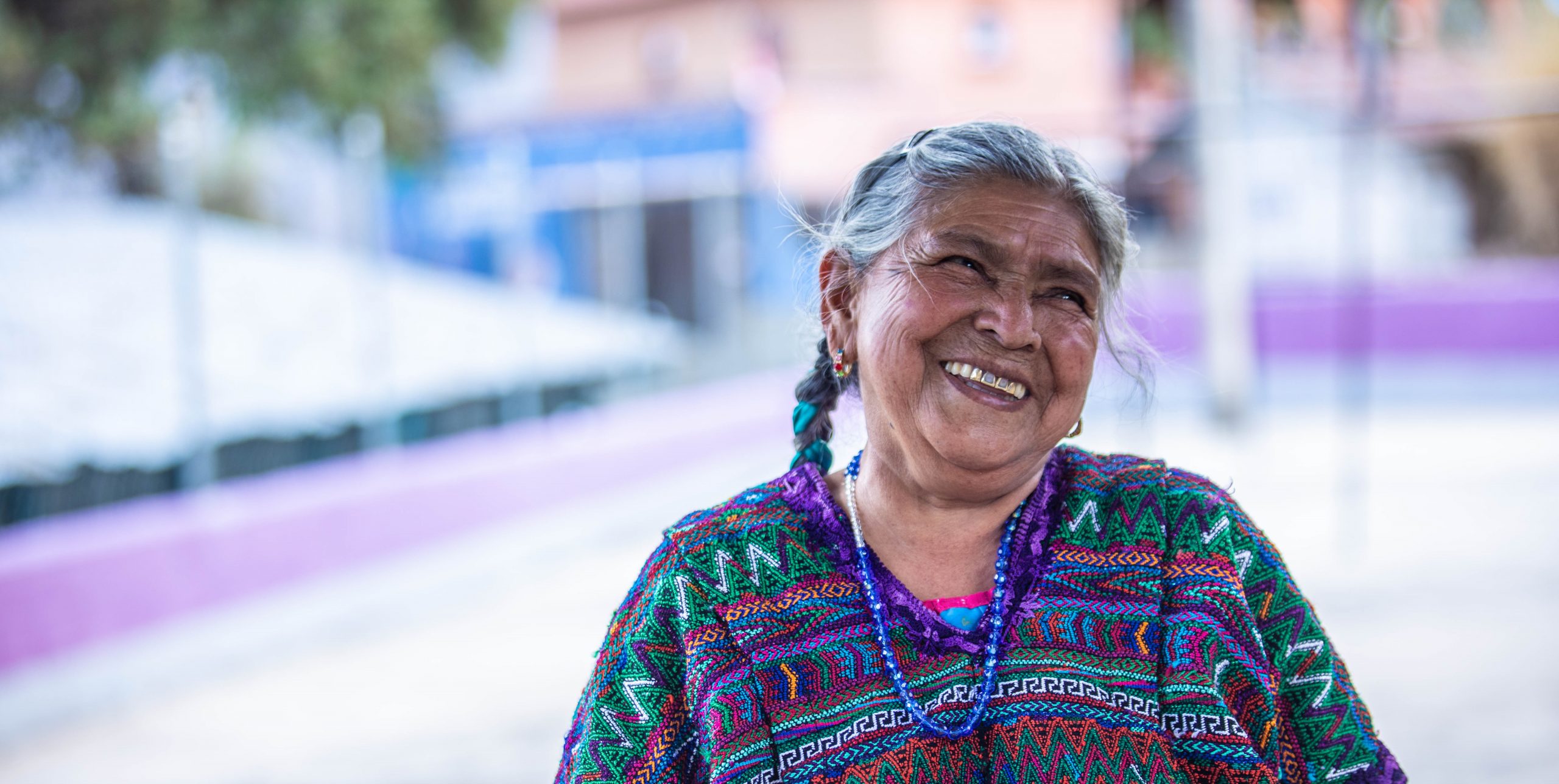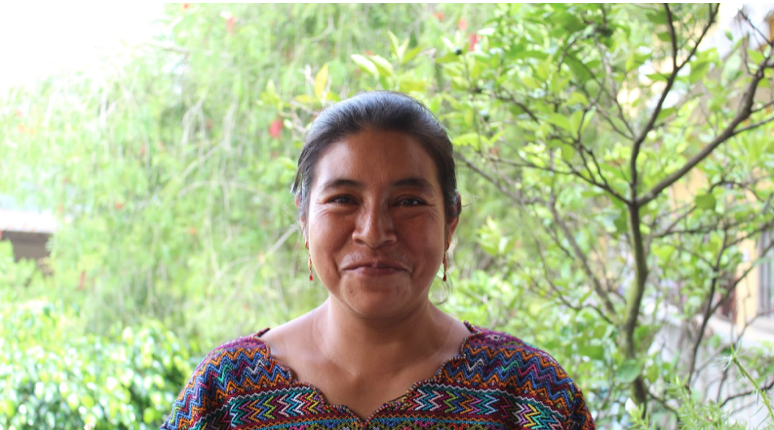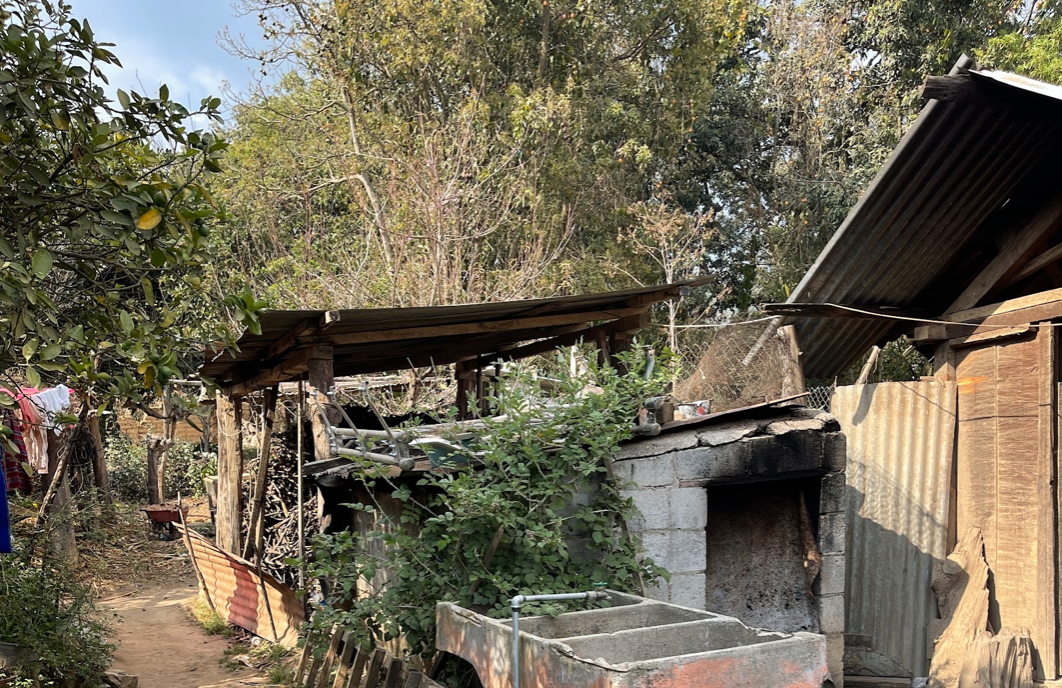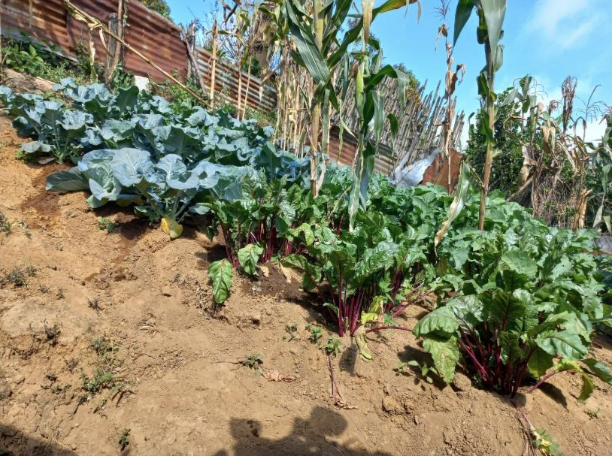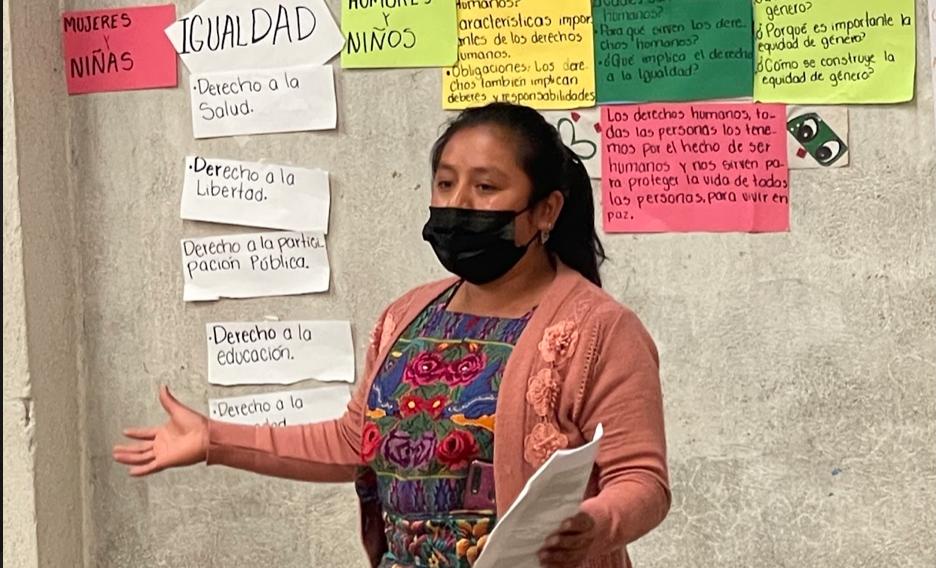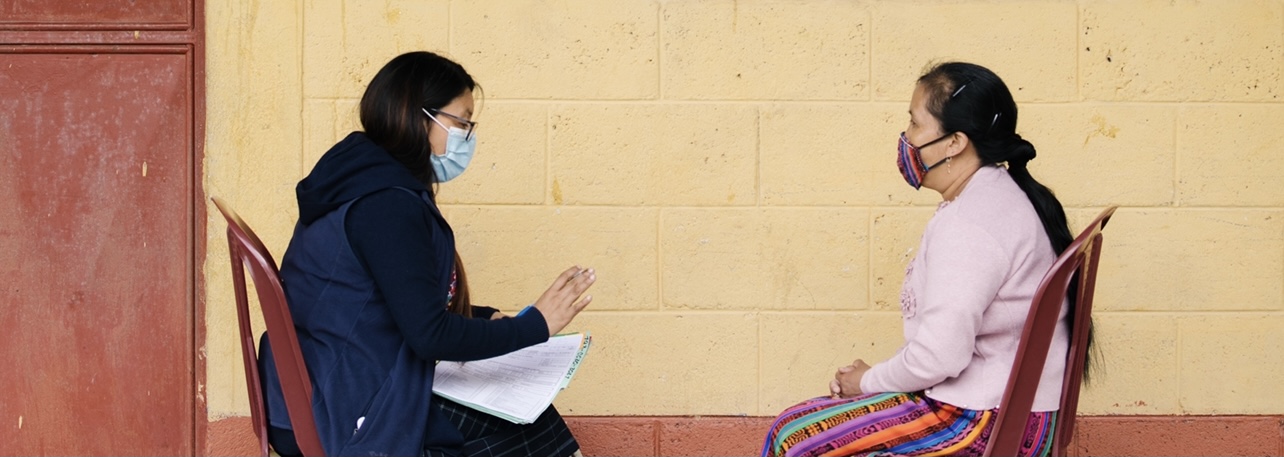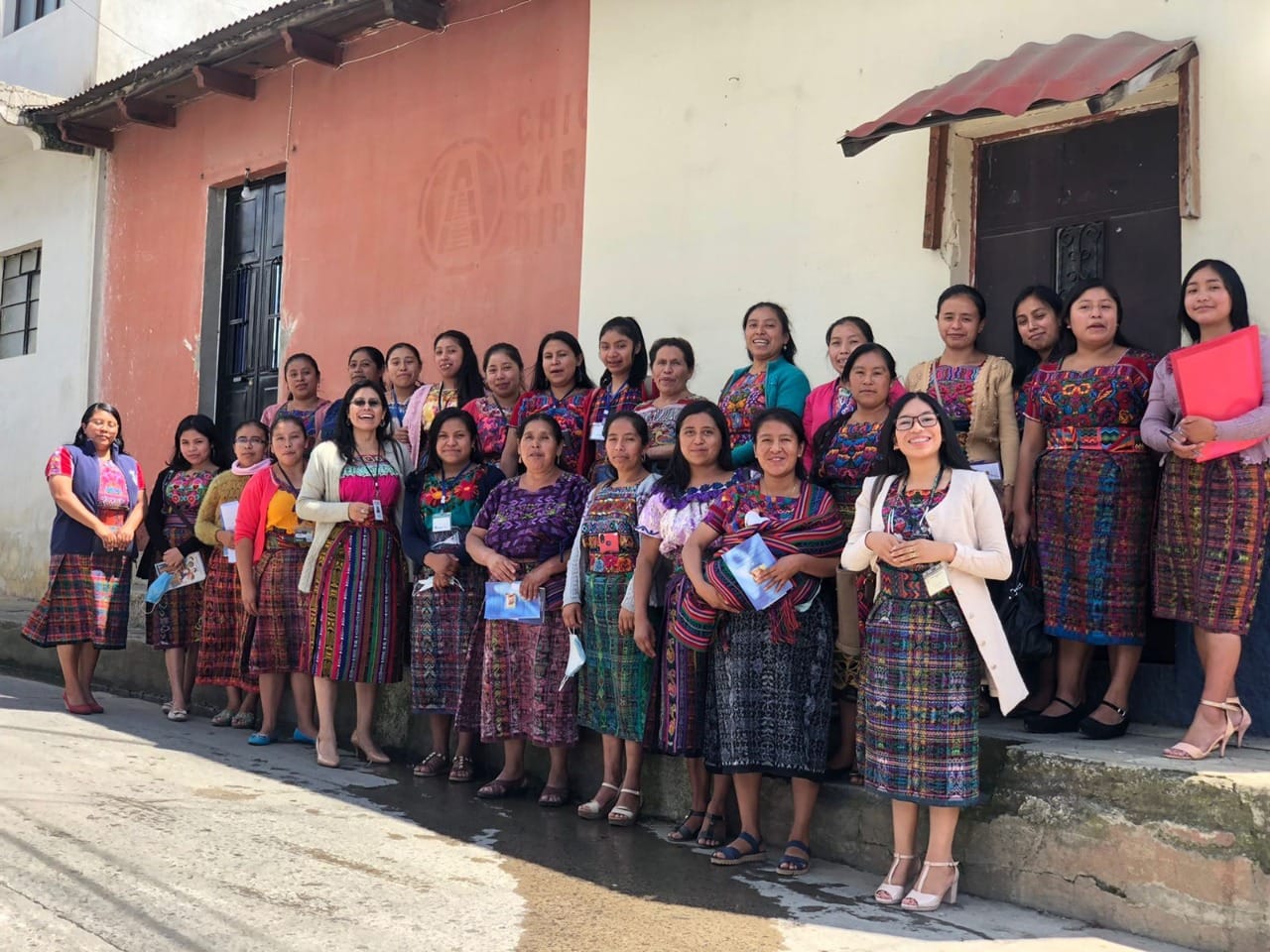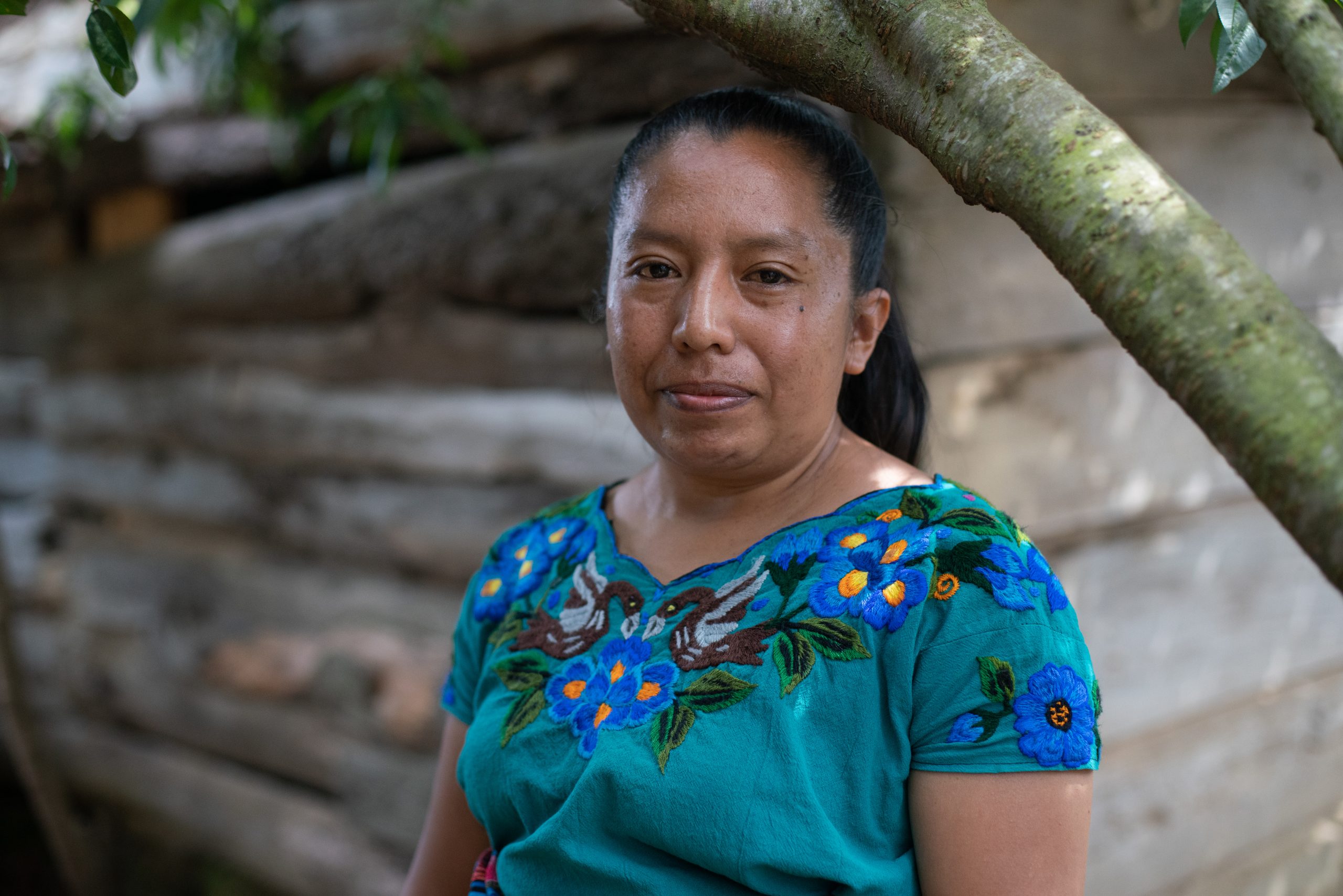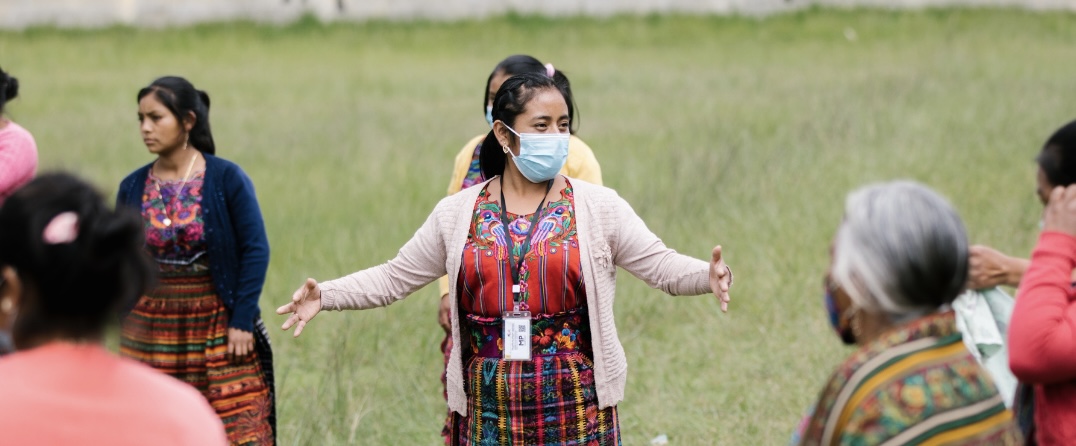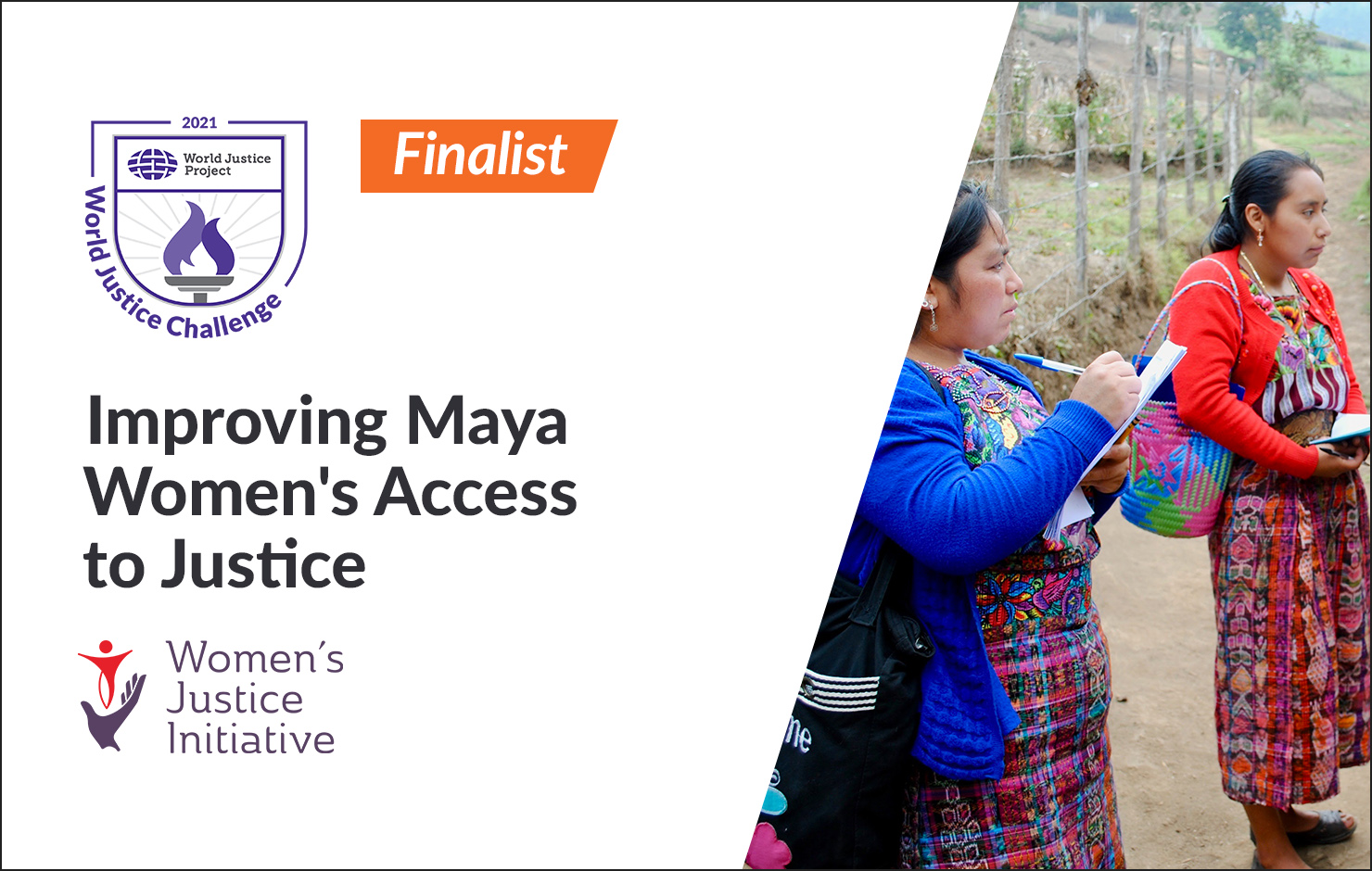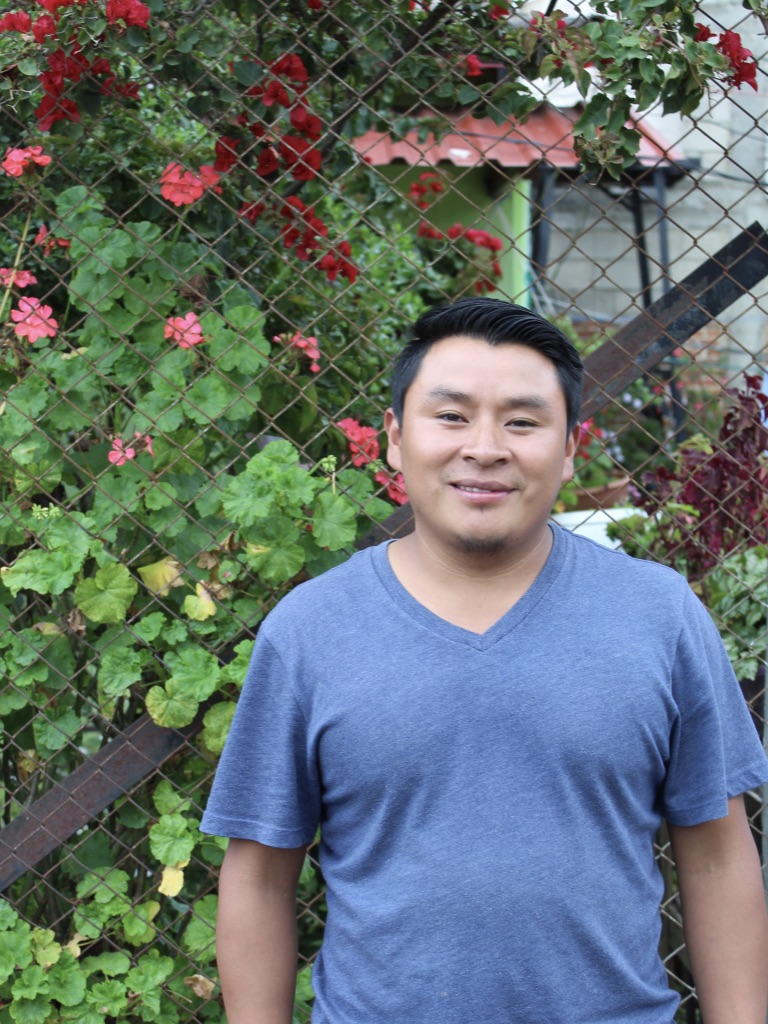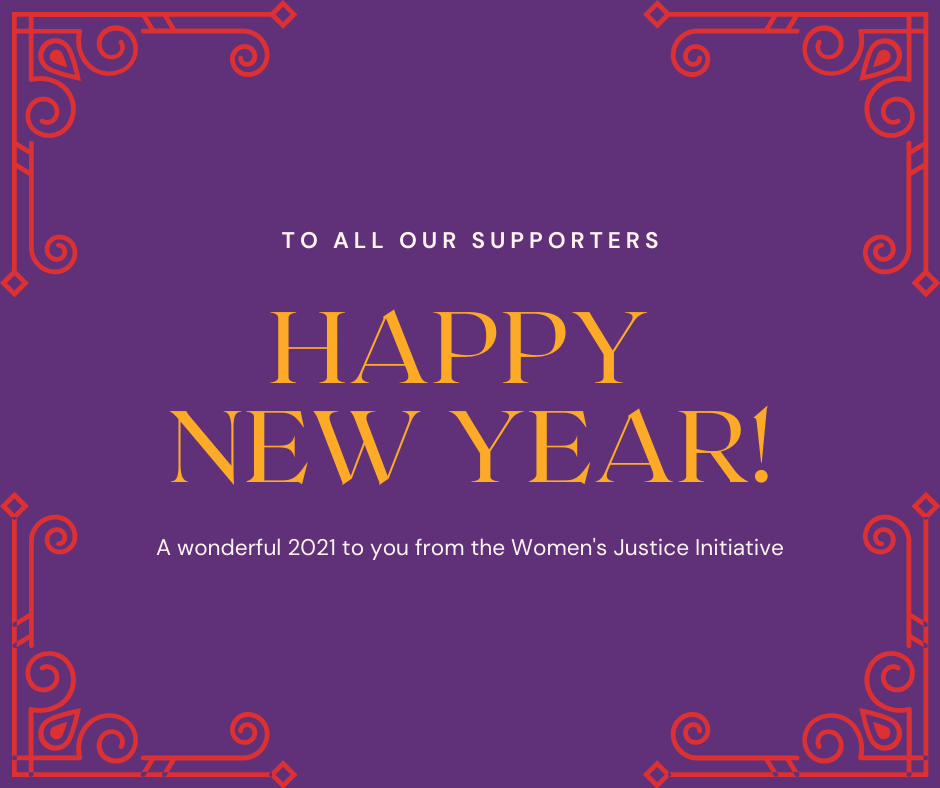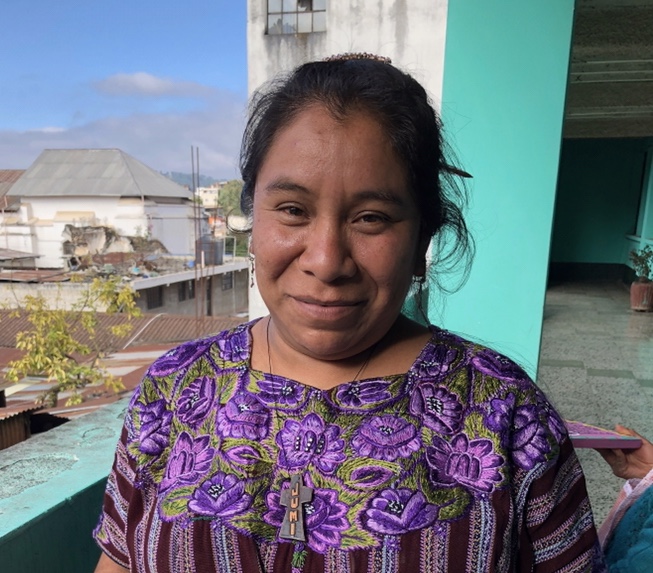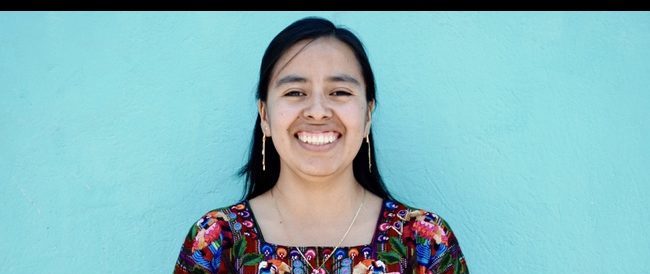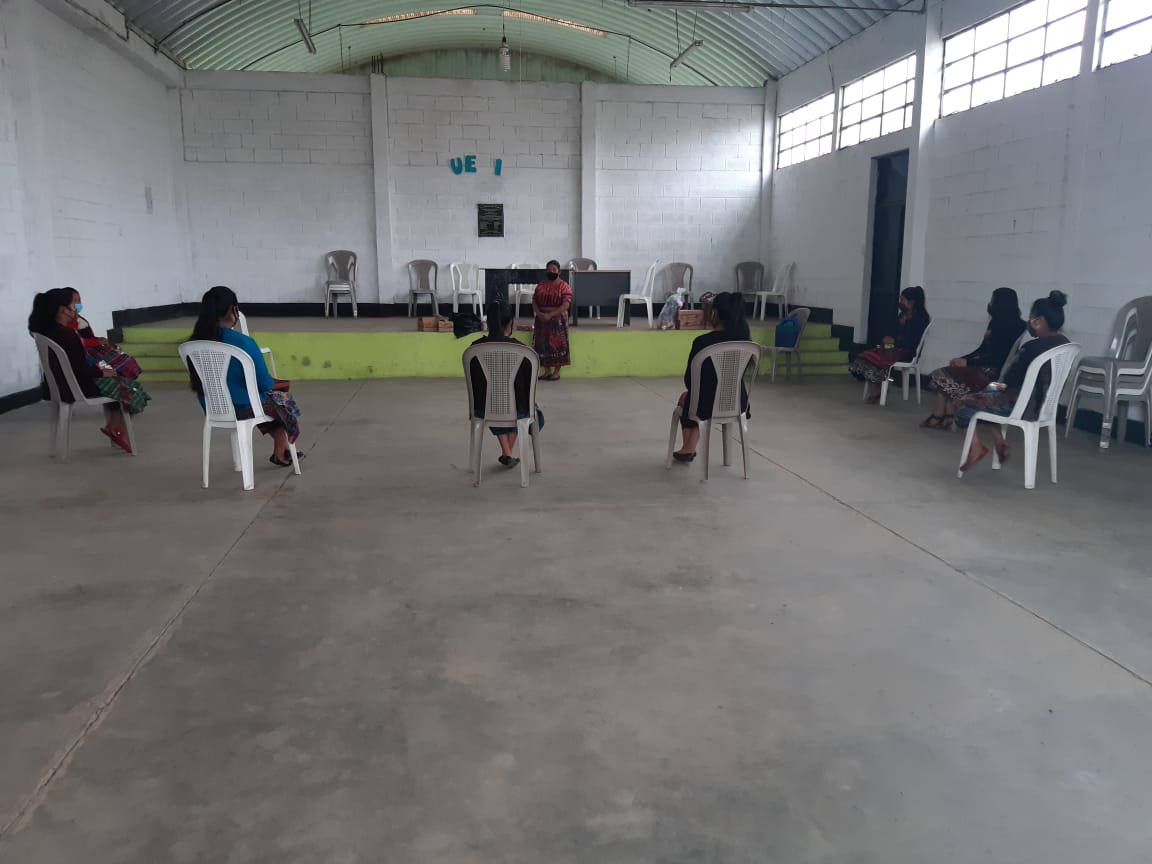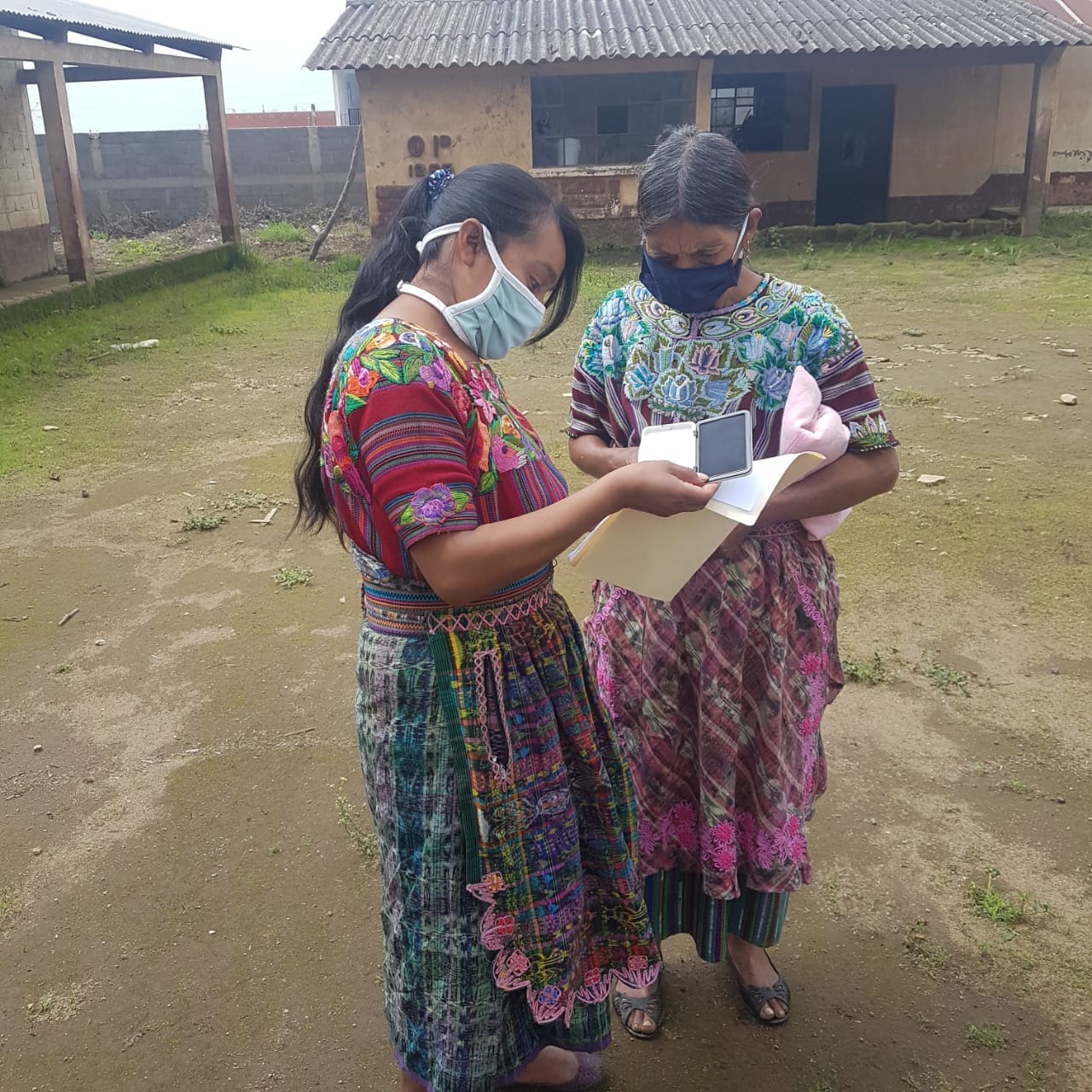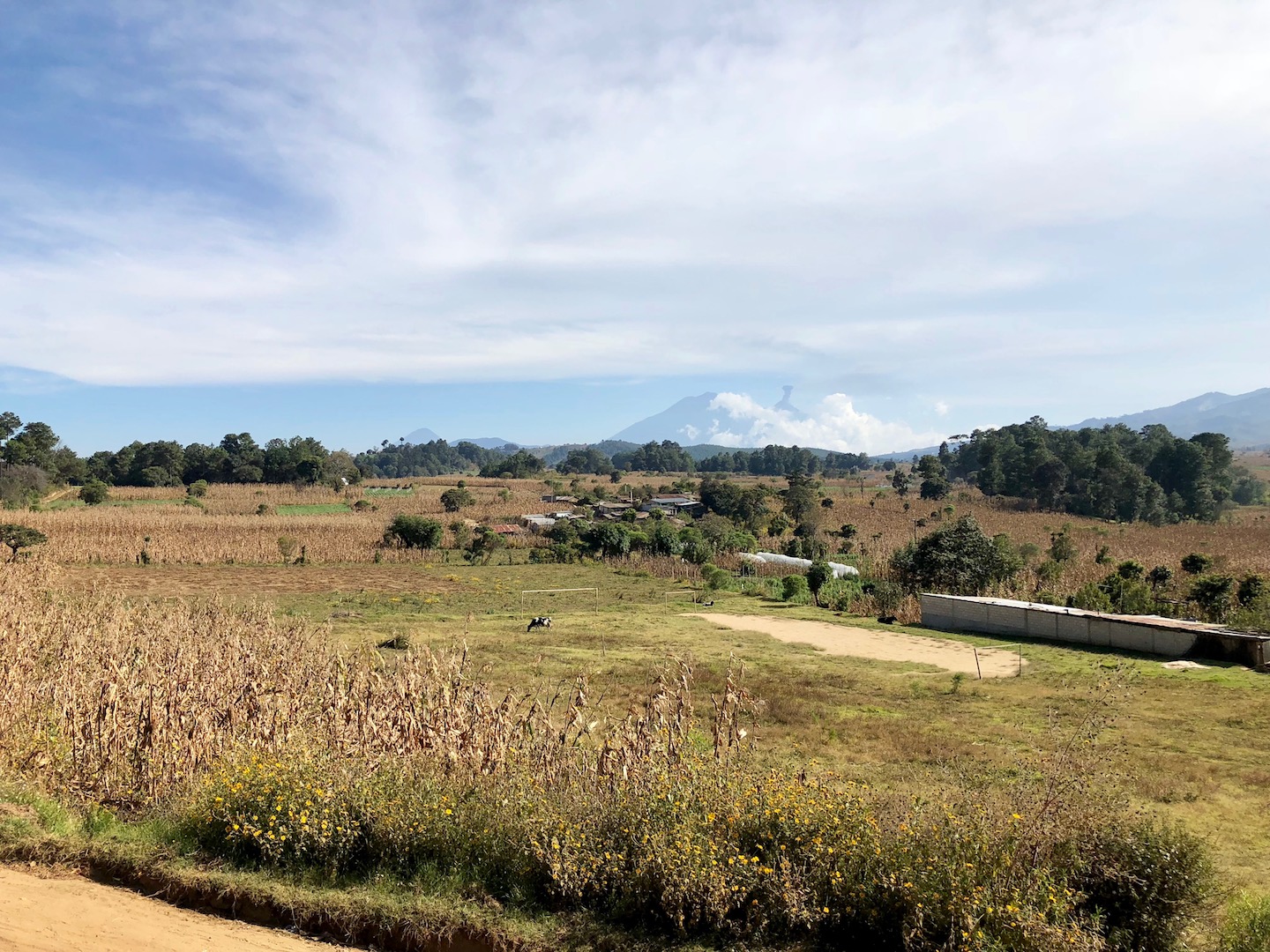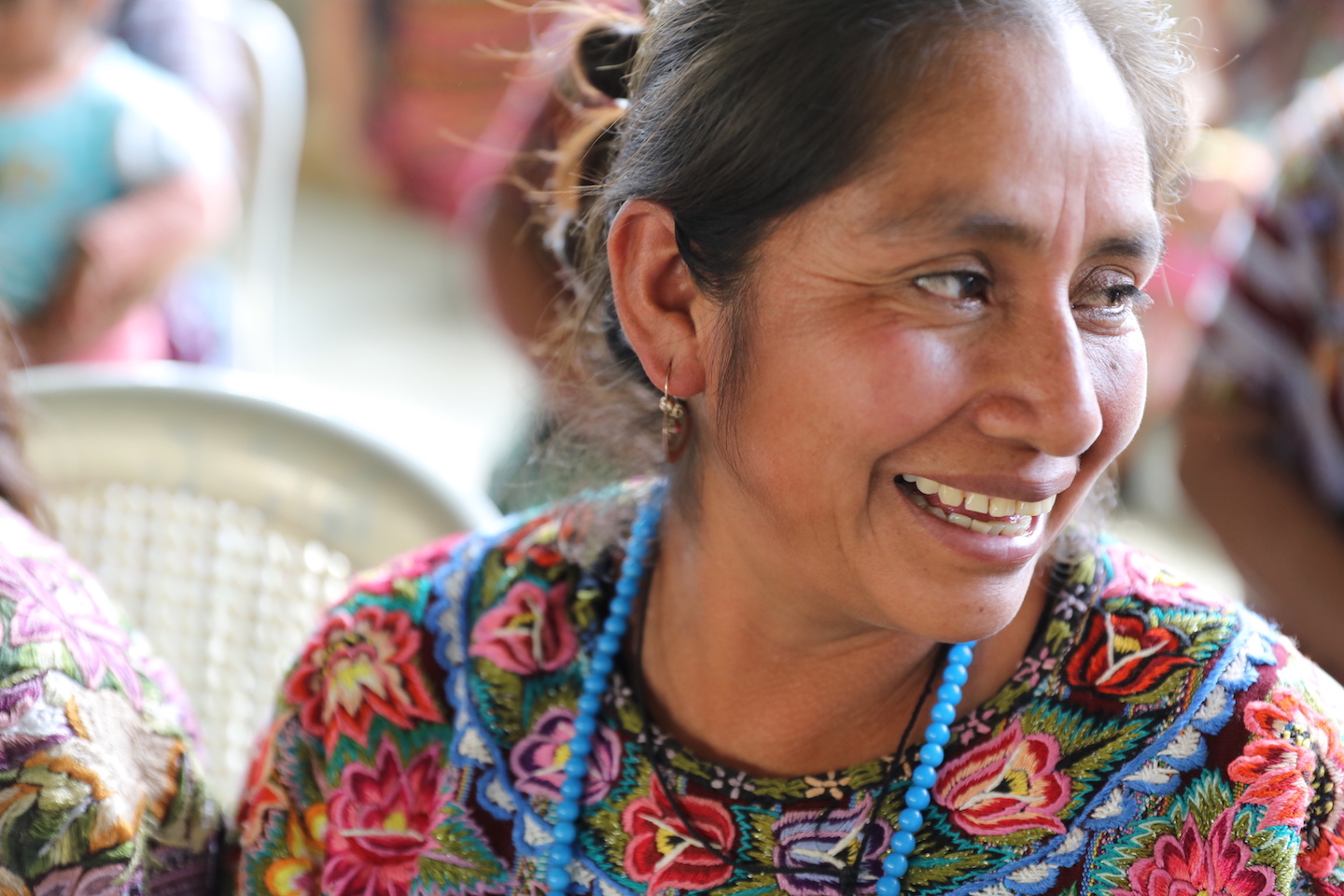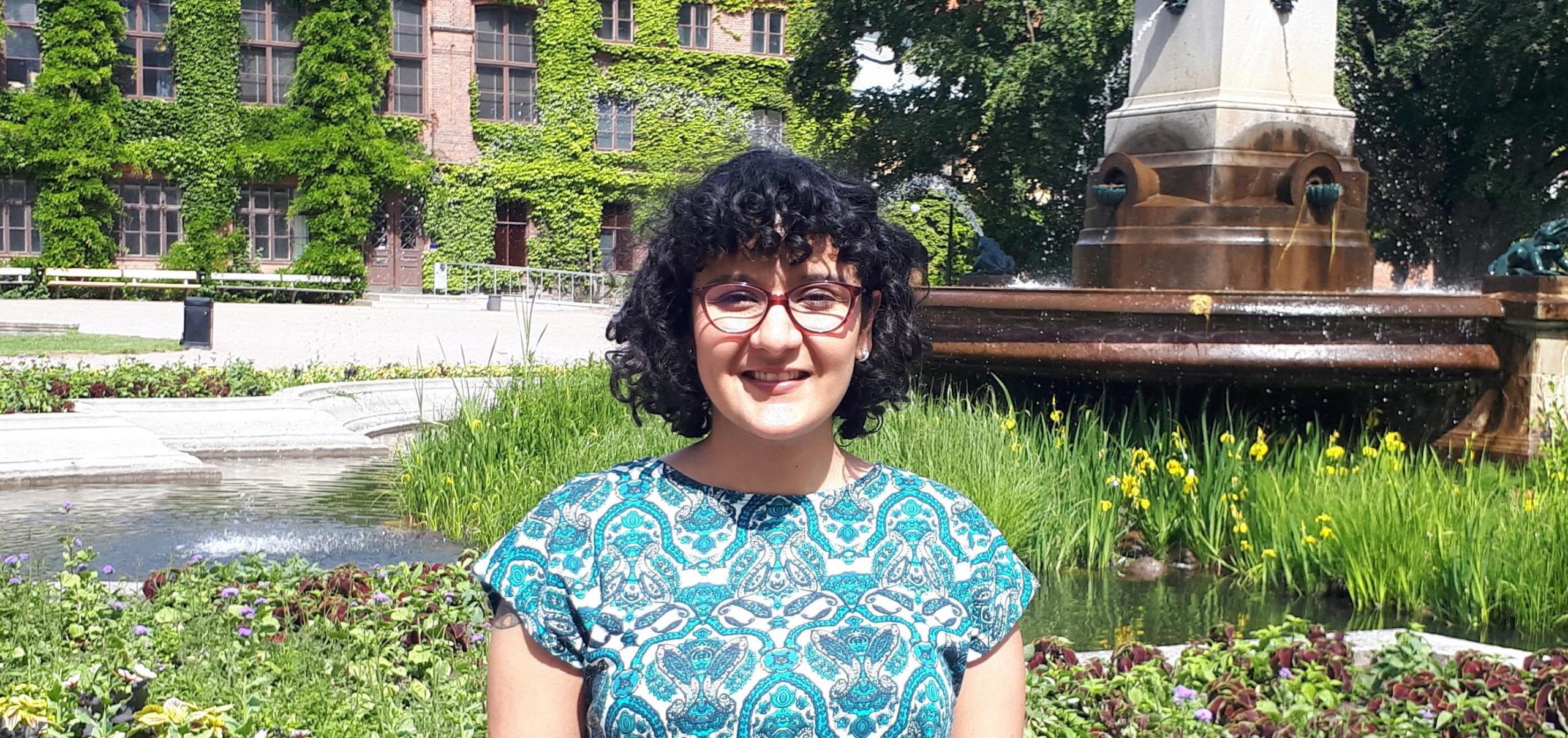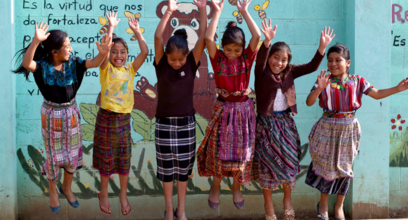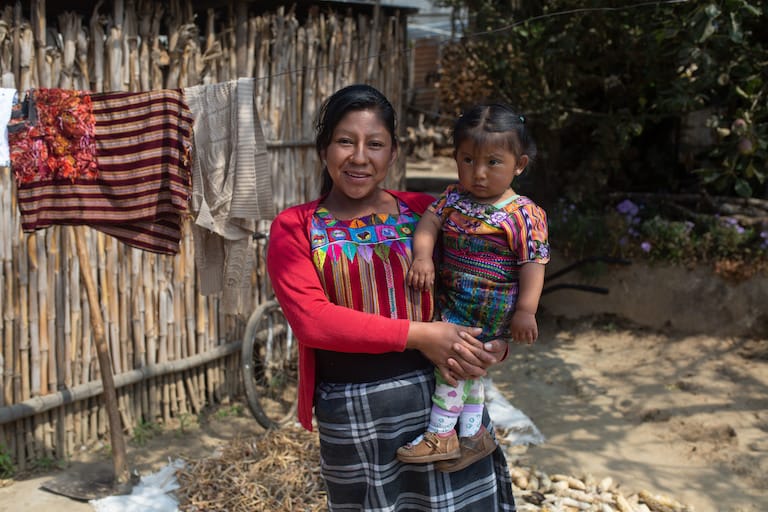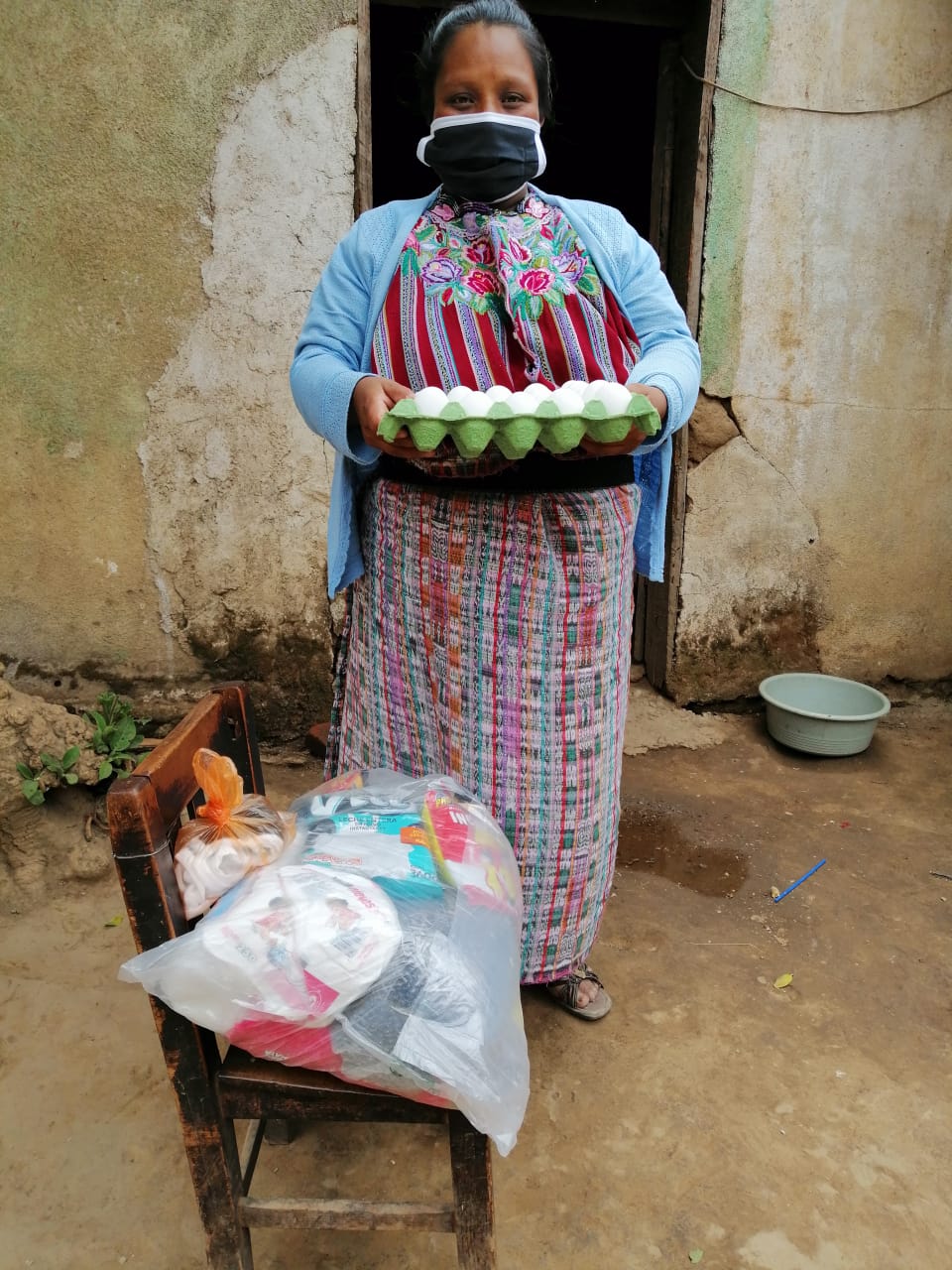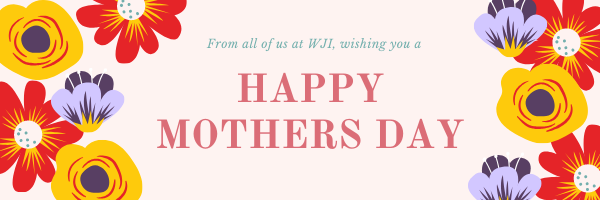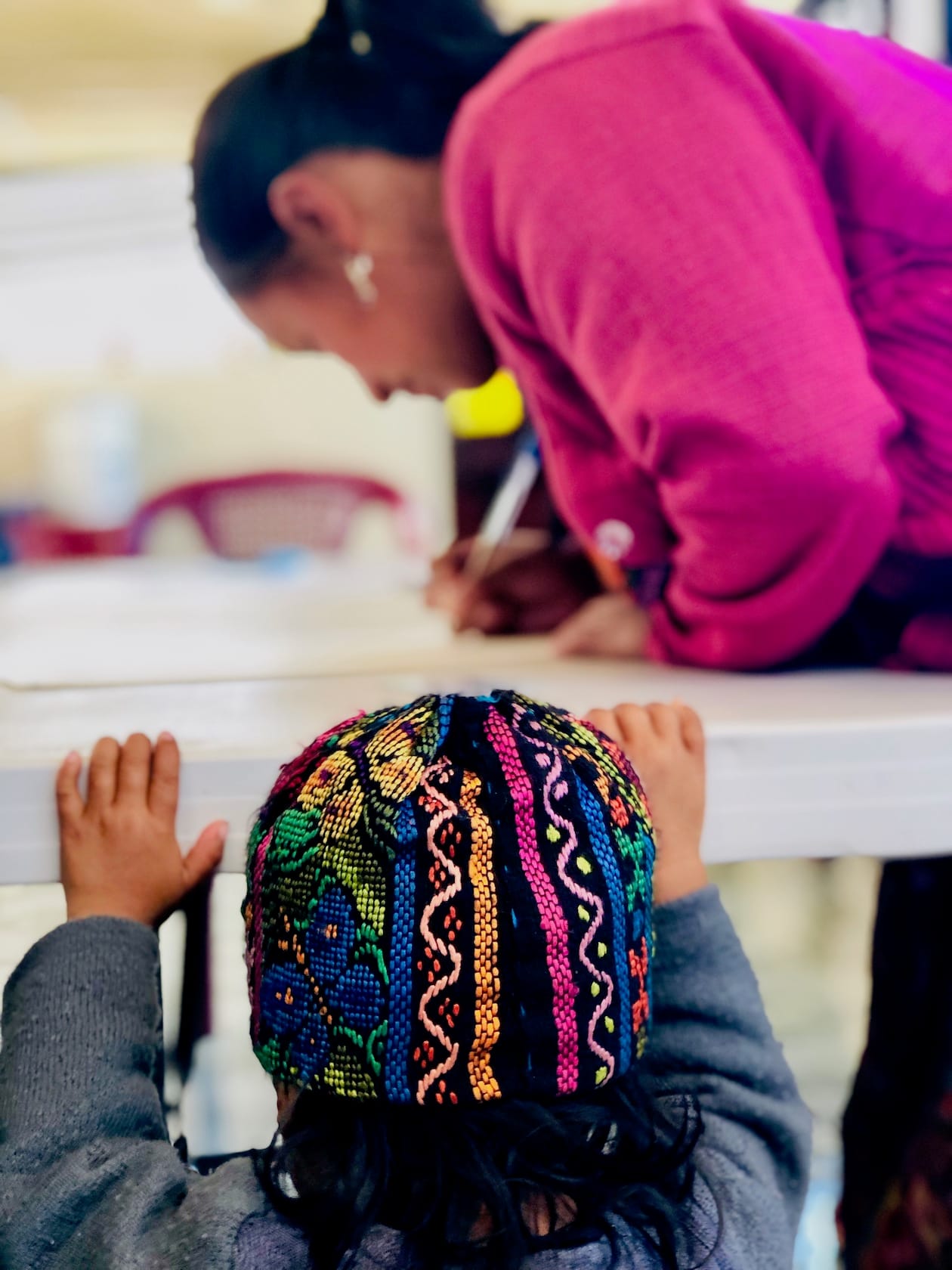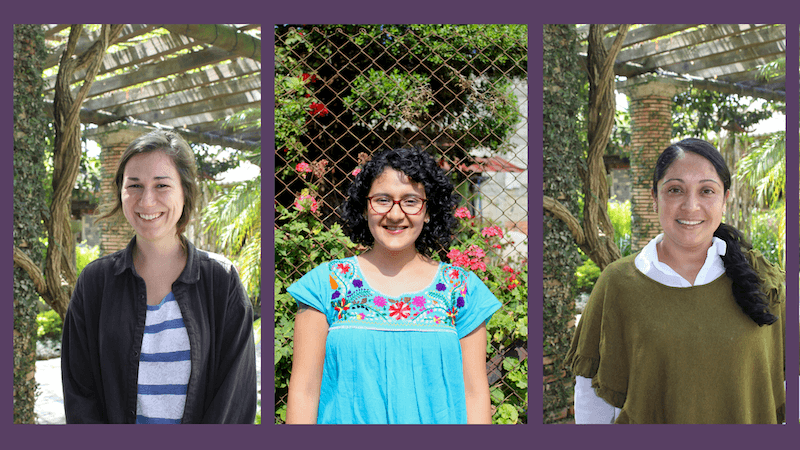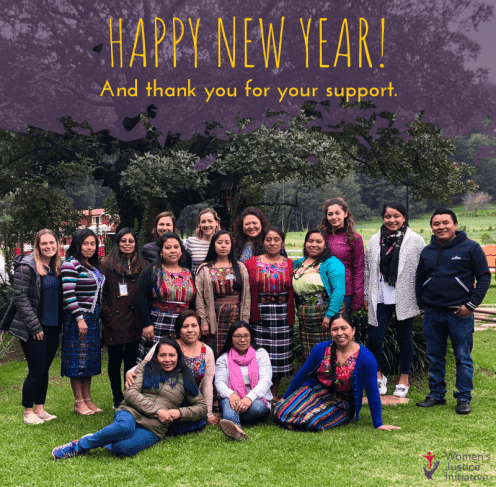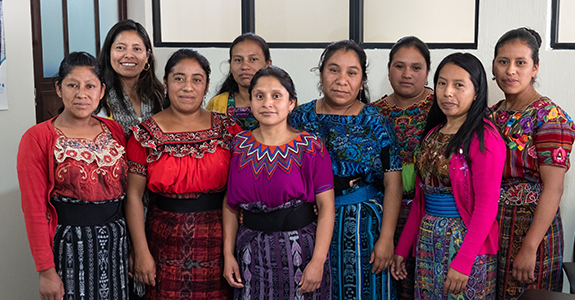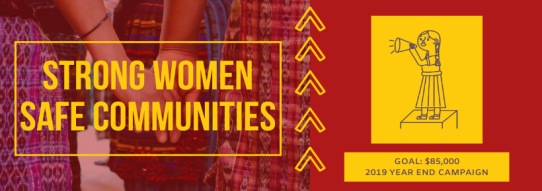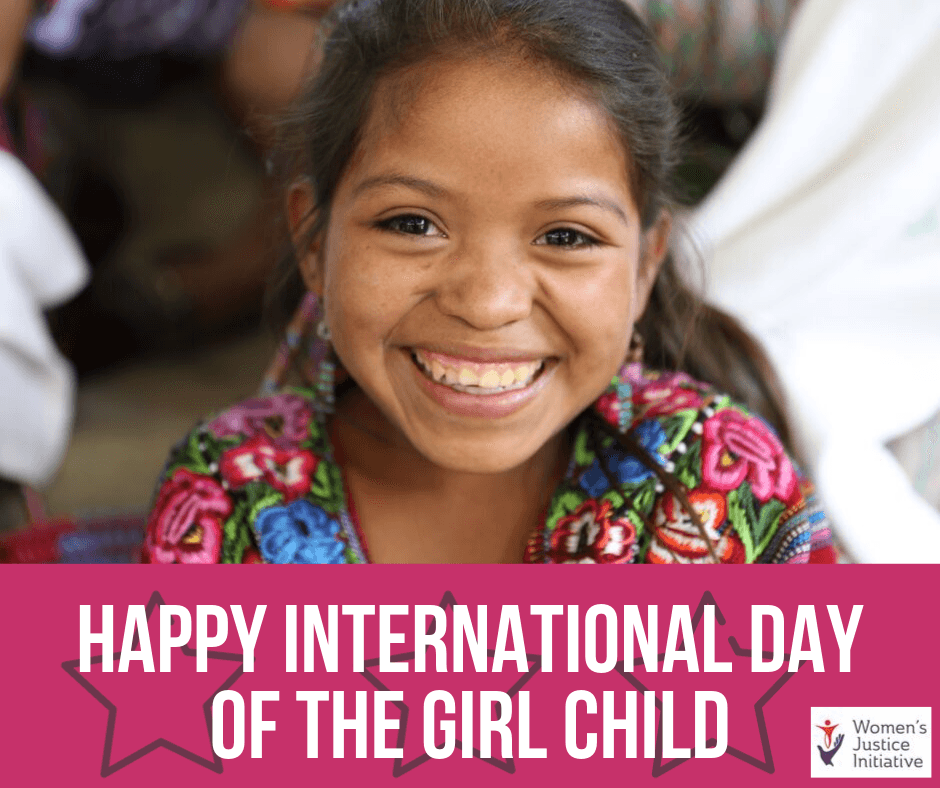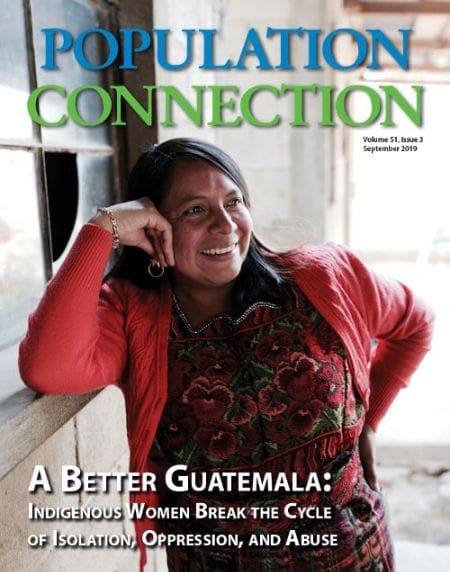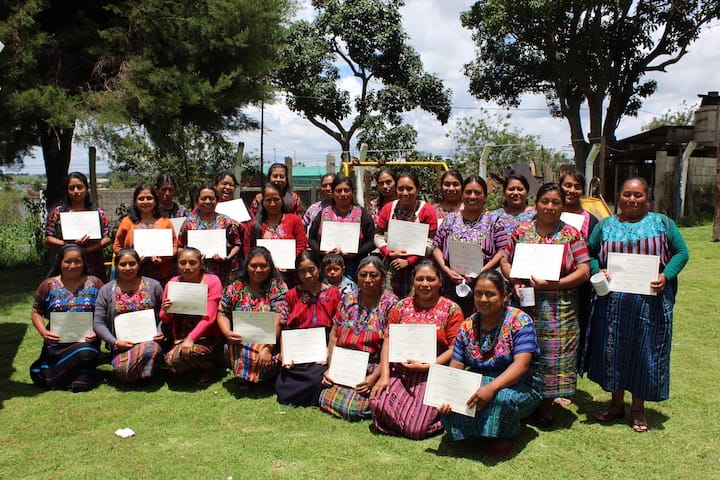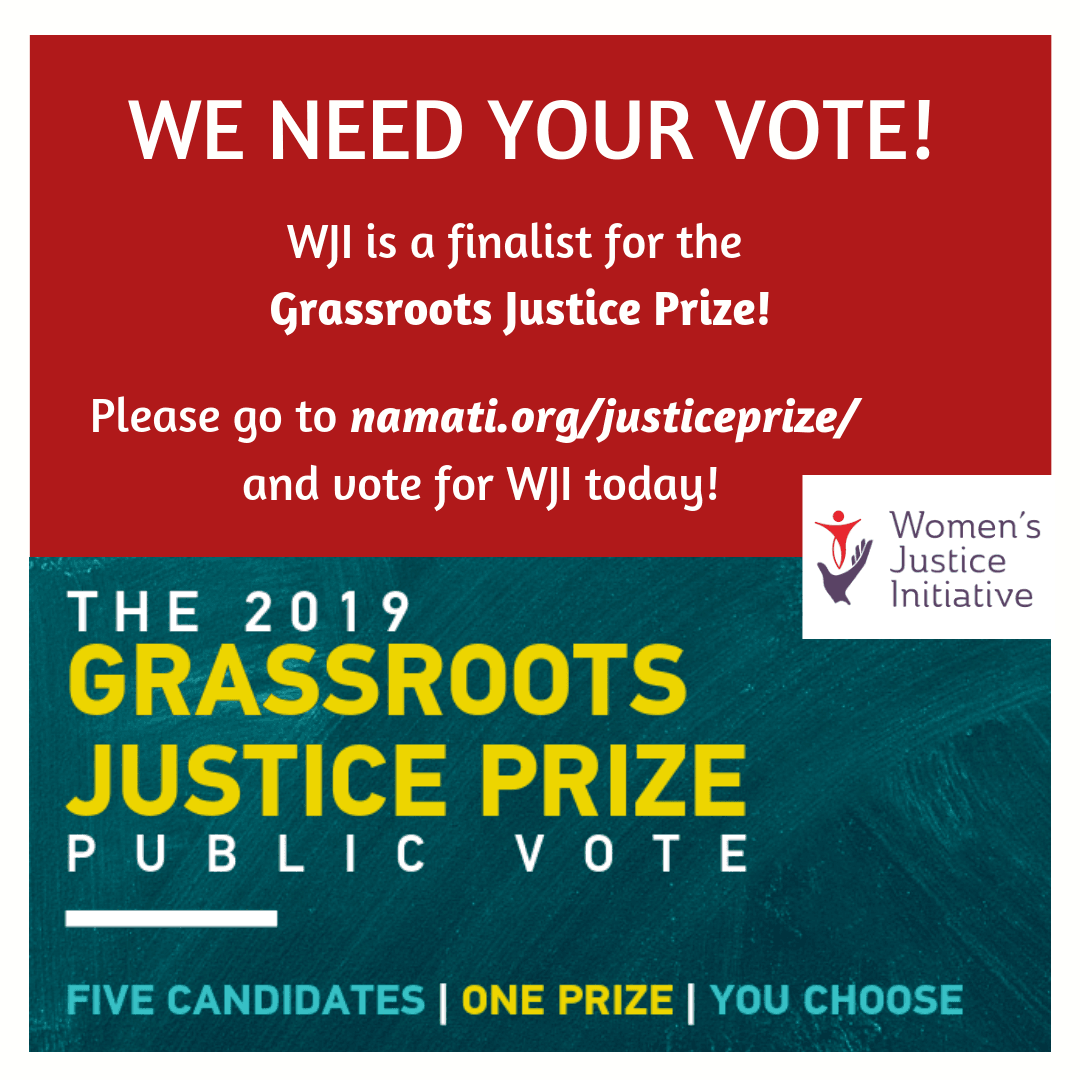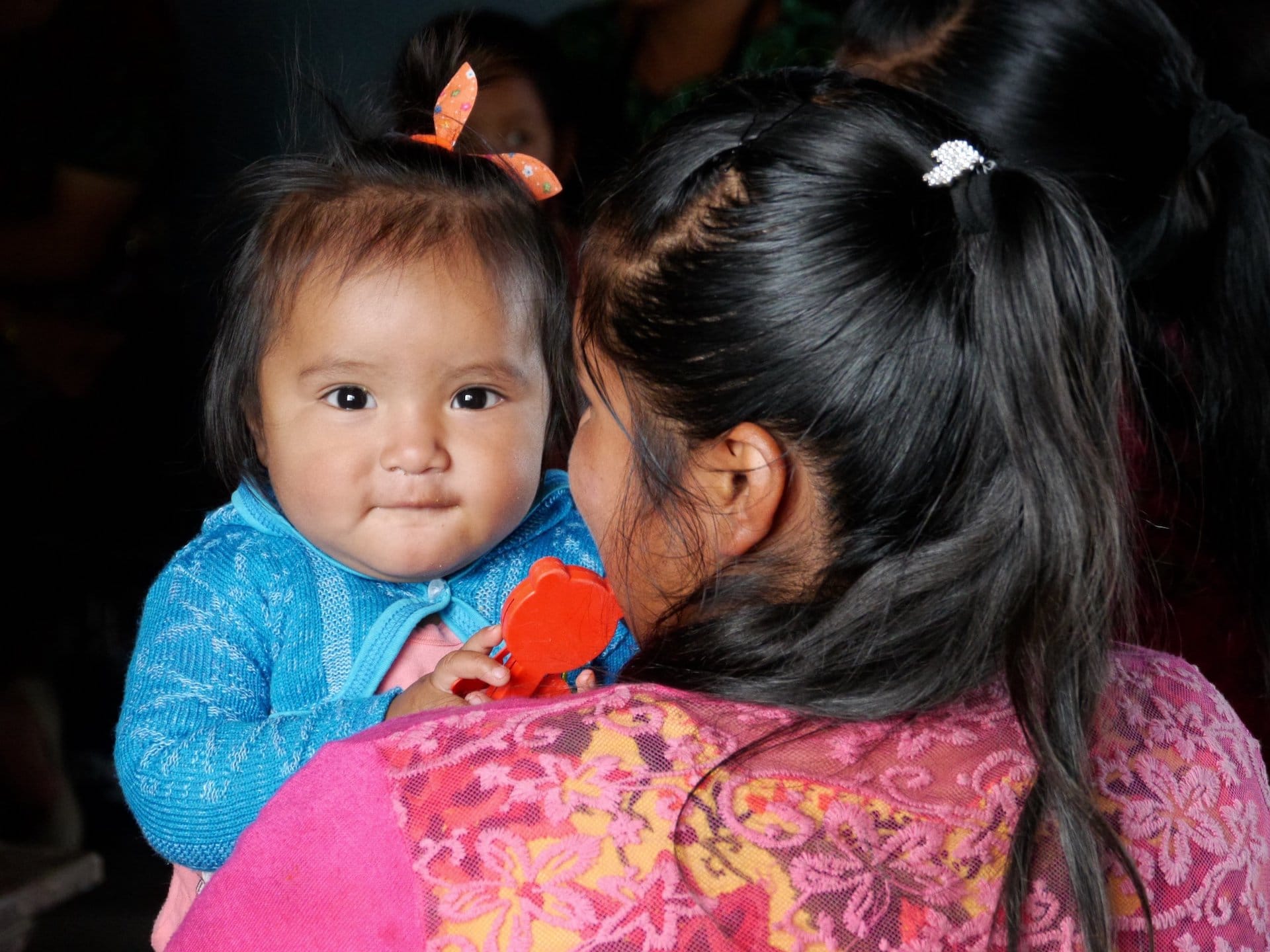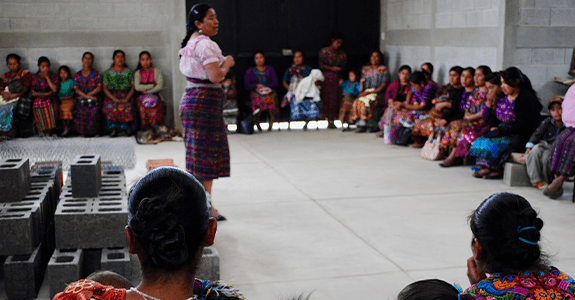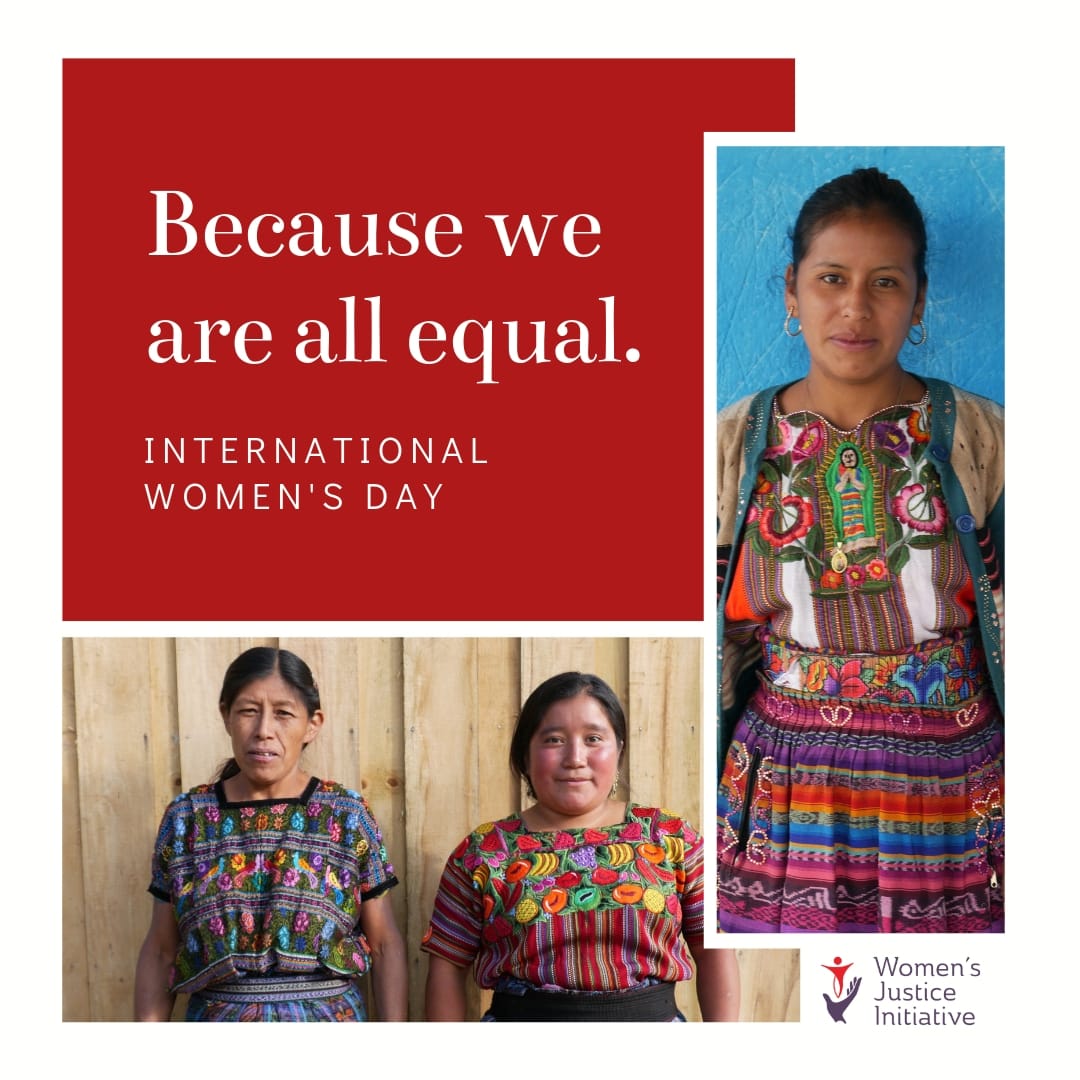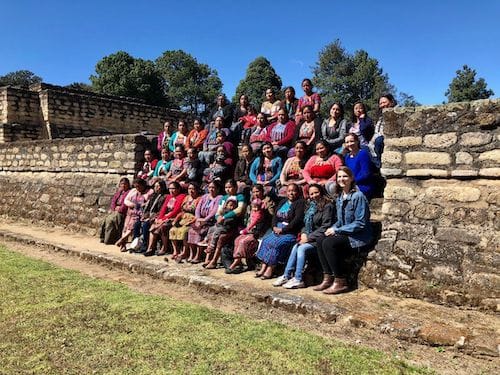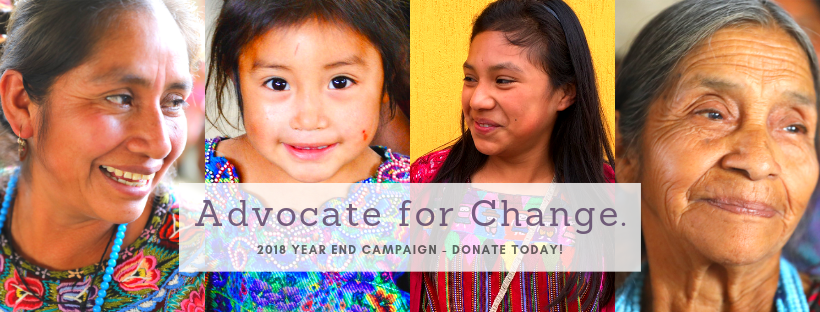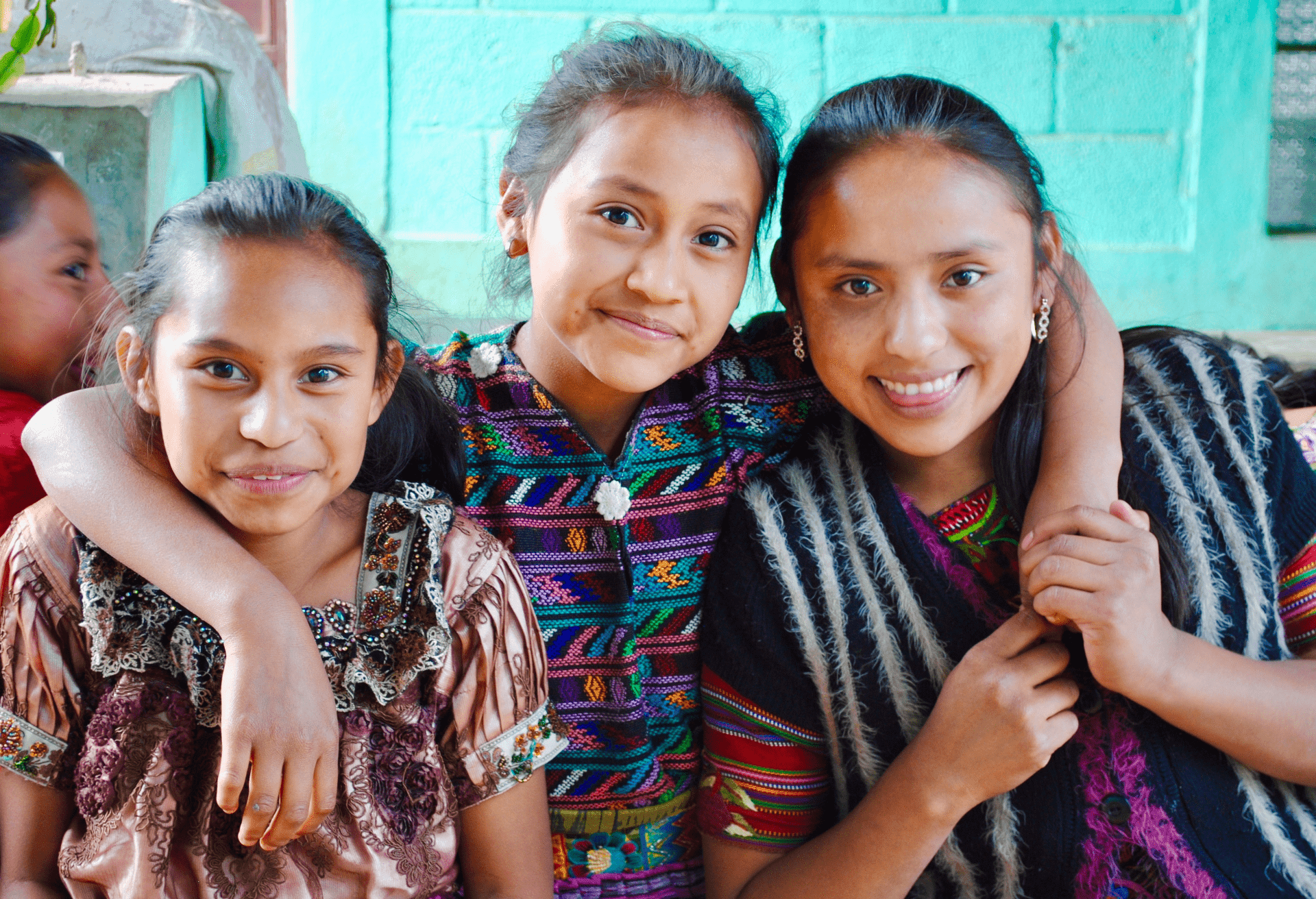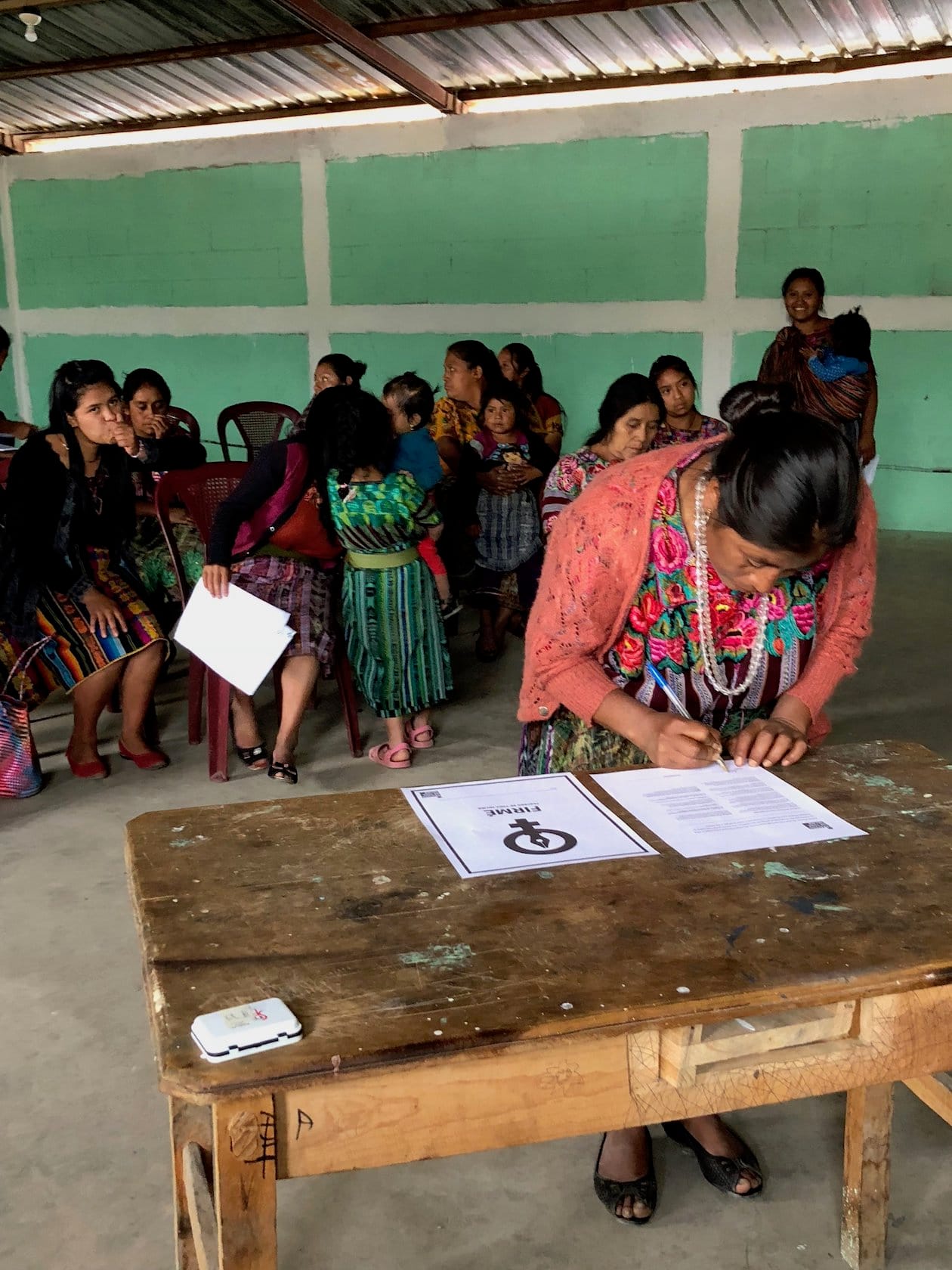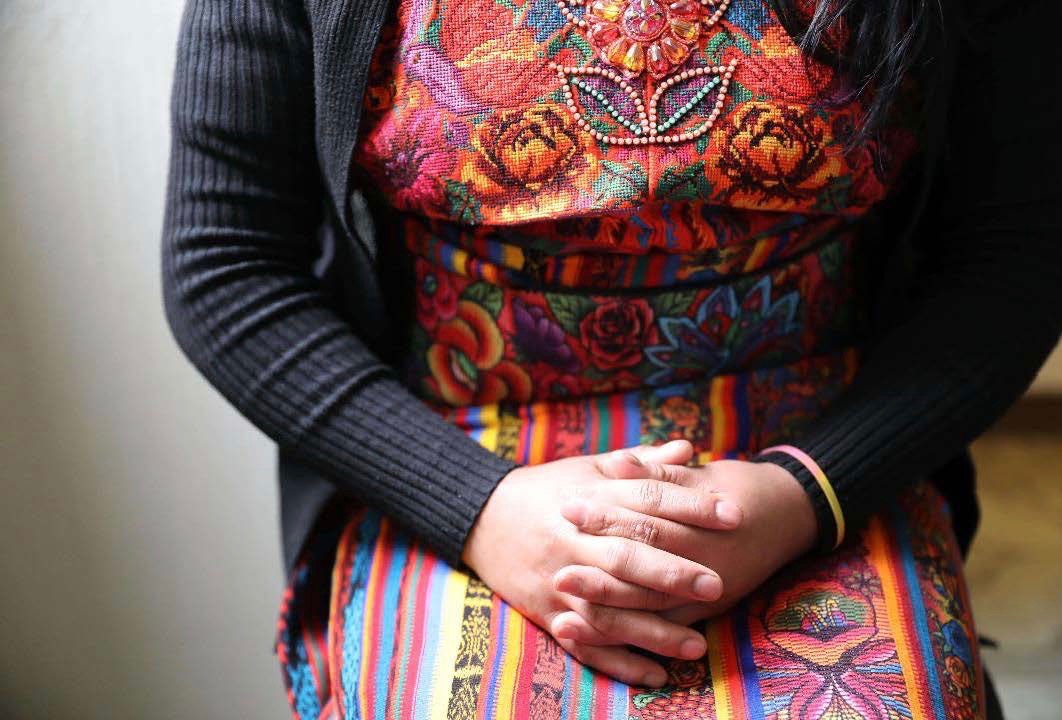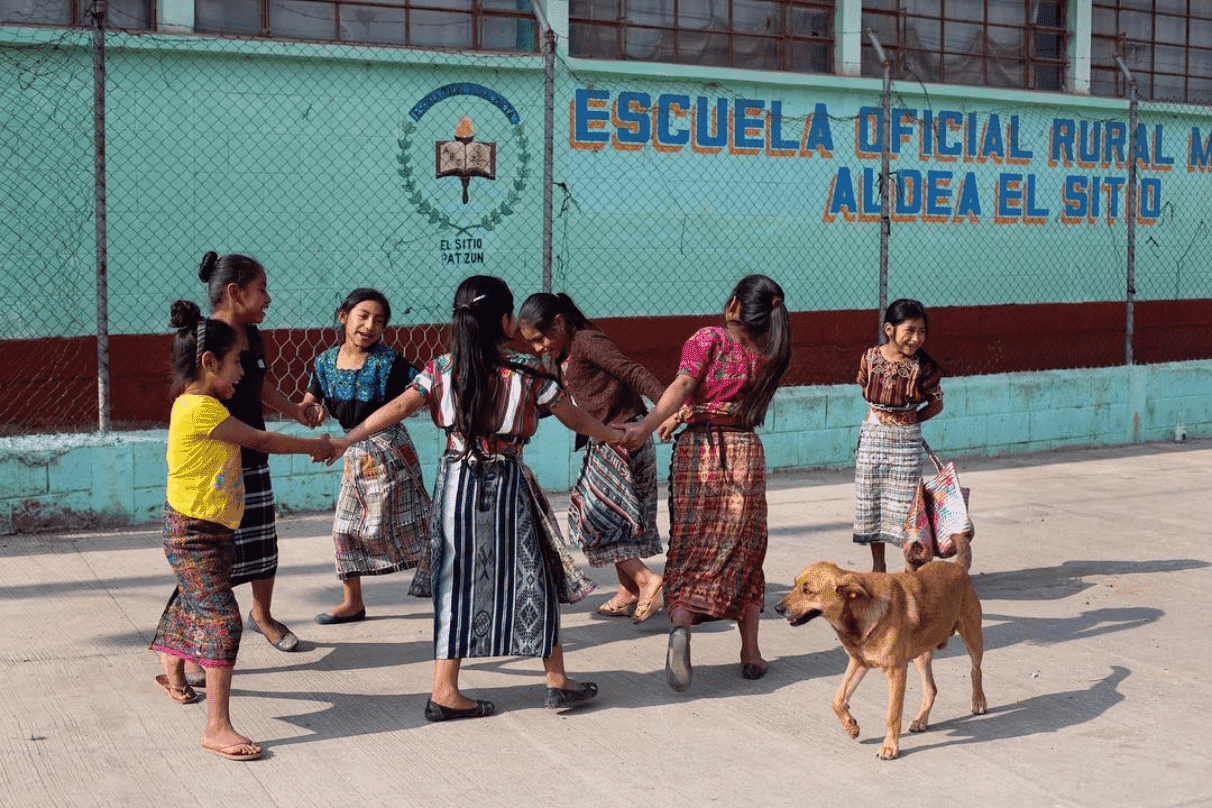By: Women's Justice Initiative ||
Inclusion of Indigenous Women: A Fundamental Pillar for True Democracy
Tag: News
WJI Legal Assistant, Yuly Cocón, recently shared her perspective on the importance of promoting indigenous women’s rights to achieve political parity, arguing that indigenous women’s rights are intrinsically political.
In Guatemala’s most recently elected Congress, only one representative of 160, is an indigenous woman. The lack of representation at the highest levels of government perpetuates the harmful gaps of inequality, between non-indigenous populations and indigenous populations, as well as between men and women.
(…) lack of participation as “not due to a lack of interest, but rather from institutional barriers, perhaps most significantly, the socioeconomic conditions they face which force them to dedicate their time to survival, rather than civic engagement.”
The layered inequalities that Maya women experience such as ethnic discrimination, restrictive gender norms, poverty, and violence, deprive them of opportunities to participate in politics. Yuly describes their lack of participation as “not due to a lack of interest, but rather from institutional barriers, perhaps most significantly, the socioeconomic conditions they face which force them to dedicate their time to survival, rather than civic engagement.”
Maya women face barriers of entry into nearly every space in Guatemalan society. WJI’s workshops and services help Maya-Kaqchikel women to learn their rights, build their agency, participate publicly, and advocate for greater gender equality in their communities. When women are empowered they become active citizens who participate in political processes and influence policies that will include and benefit them.
As Yuly states, “the presence of women in leadership roles would increase the likelihood that their needs are considered in decision-making, inspire other women to employ these roles, and promote gender equality as a central axis in democracy.”
But first, indigenous women need to be seen as truly equal. “We have the ability to be free, we have value and rights. We have dignity as women,” says Women’s Rights Education Program graduate Marisela Chutá.
Yuly agrees. “We will continue to demand that indigenous women have increased visibility until we are seen as individuals with the right to participate politically….every day I think and dream, I dream of a new land and a new sky for all the women of Abya Yala.”
*Abya Yala: one of the names Original Peoples from the American Continent call their land.
"We have the ability to be free, we have value and rights. We have dignity as women".
Marisela Chutá, Women’s Rights Education Program graduate.
